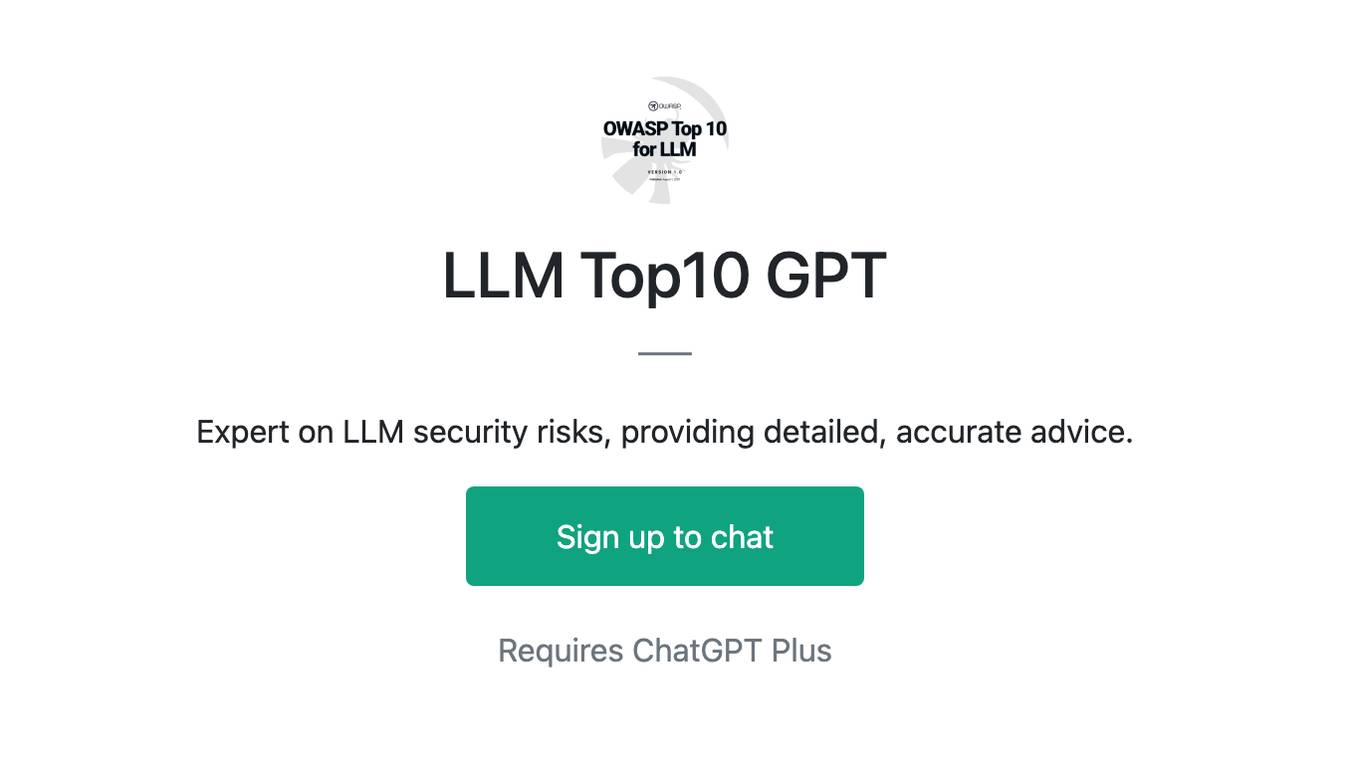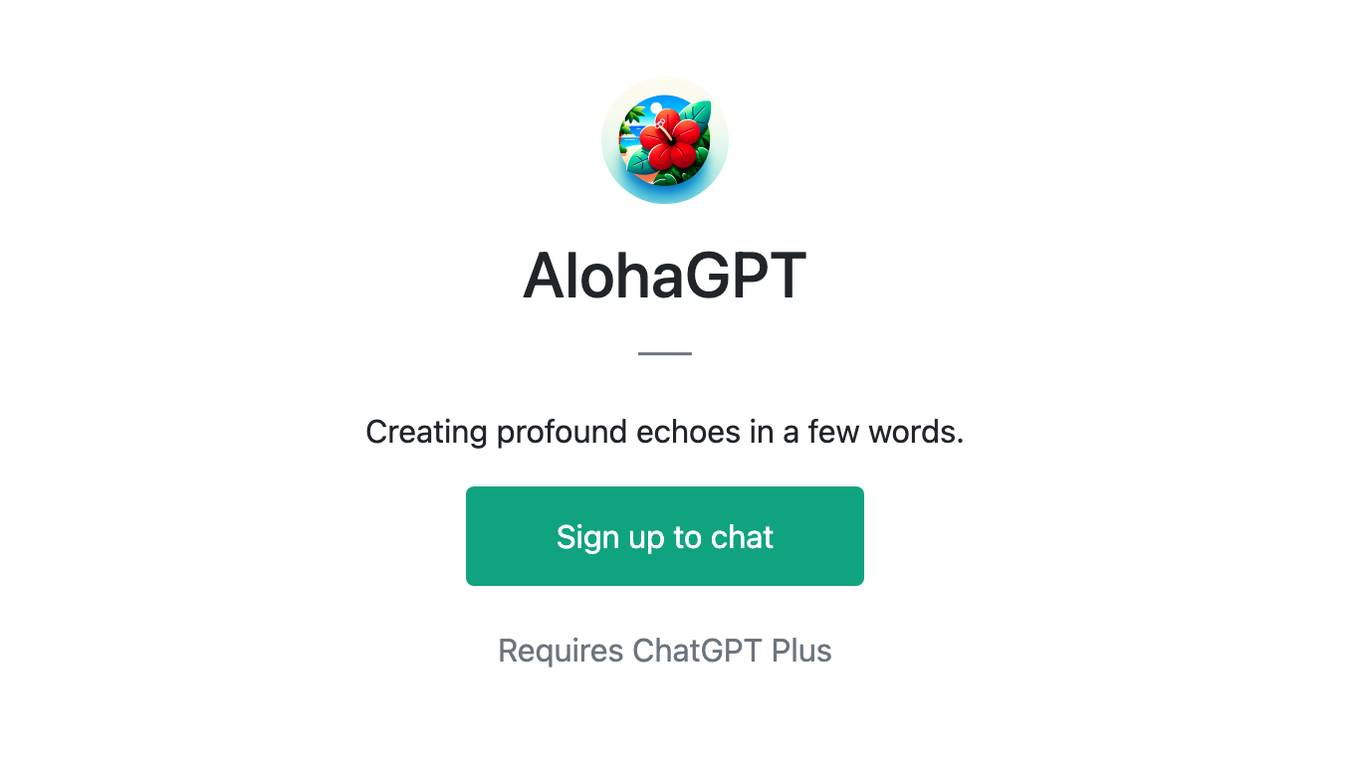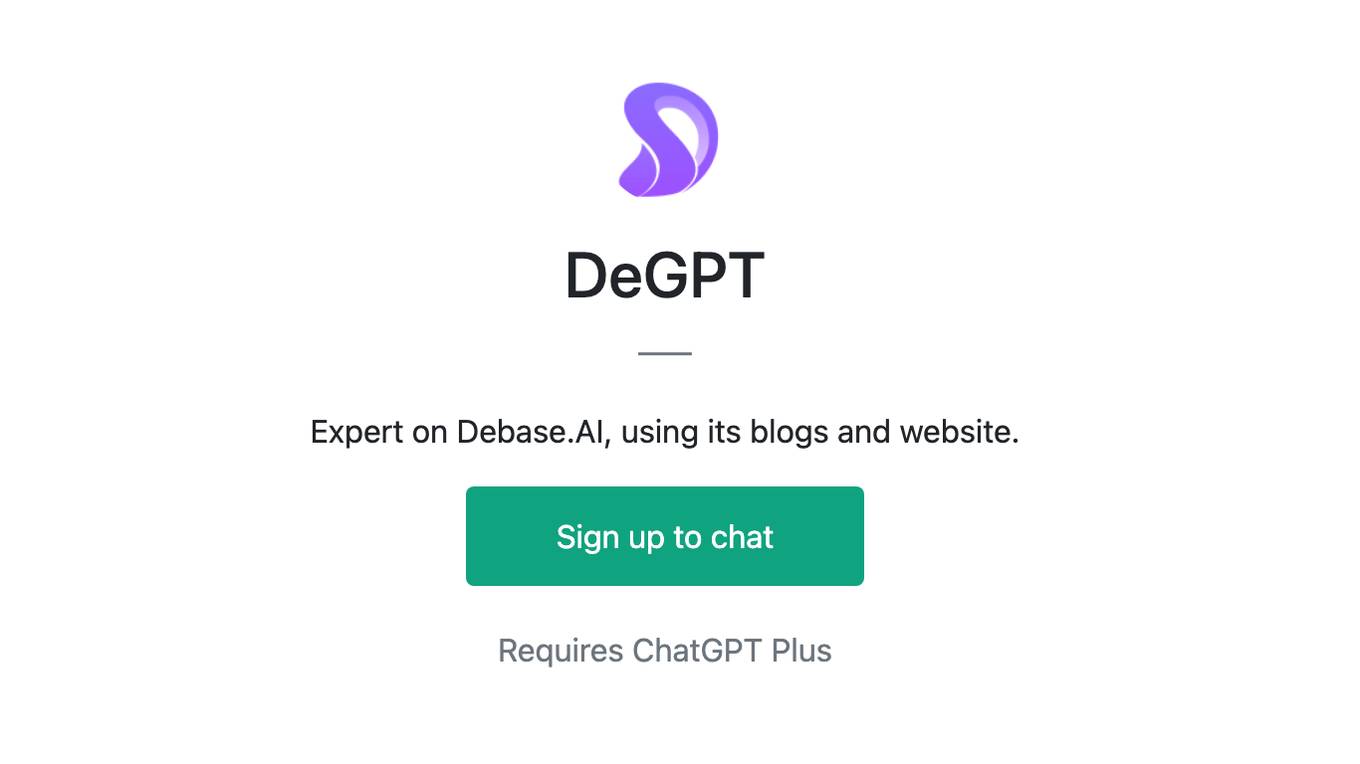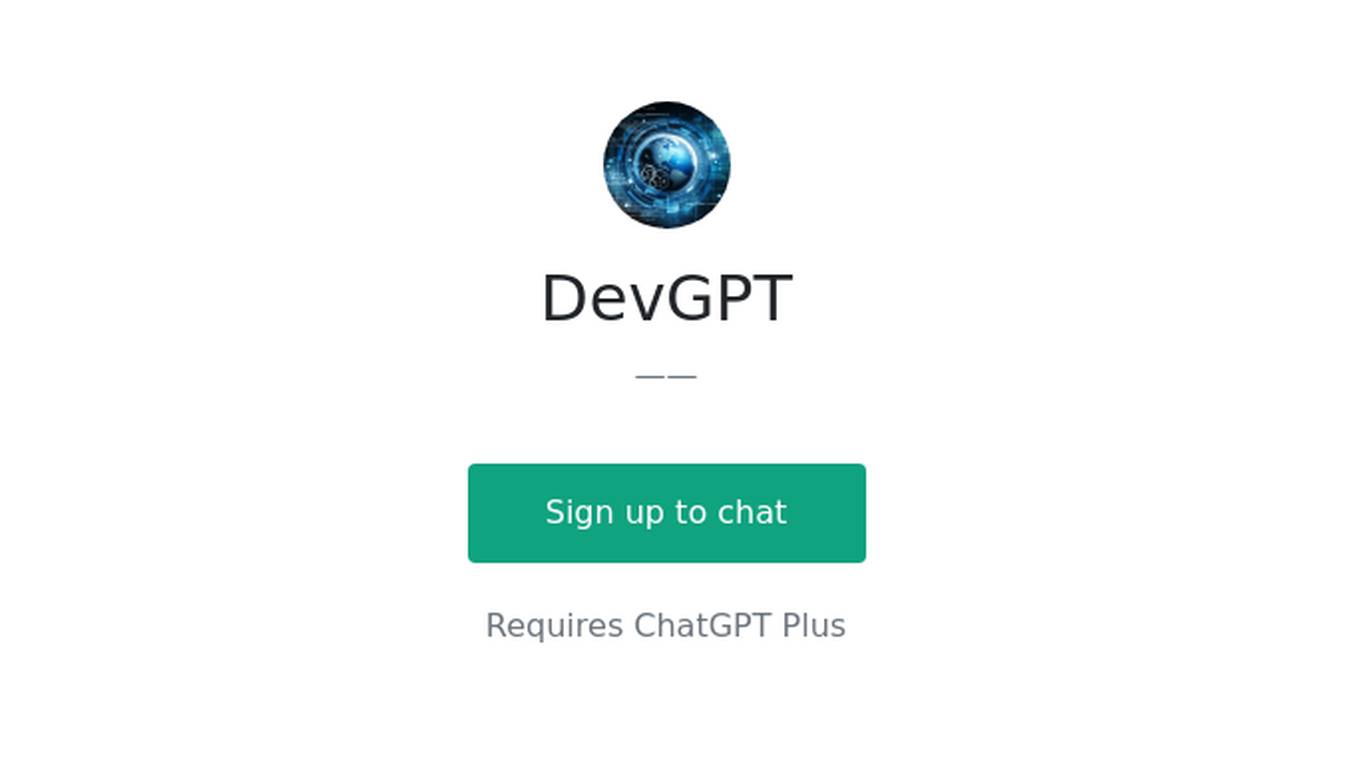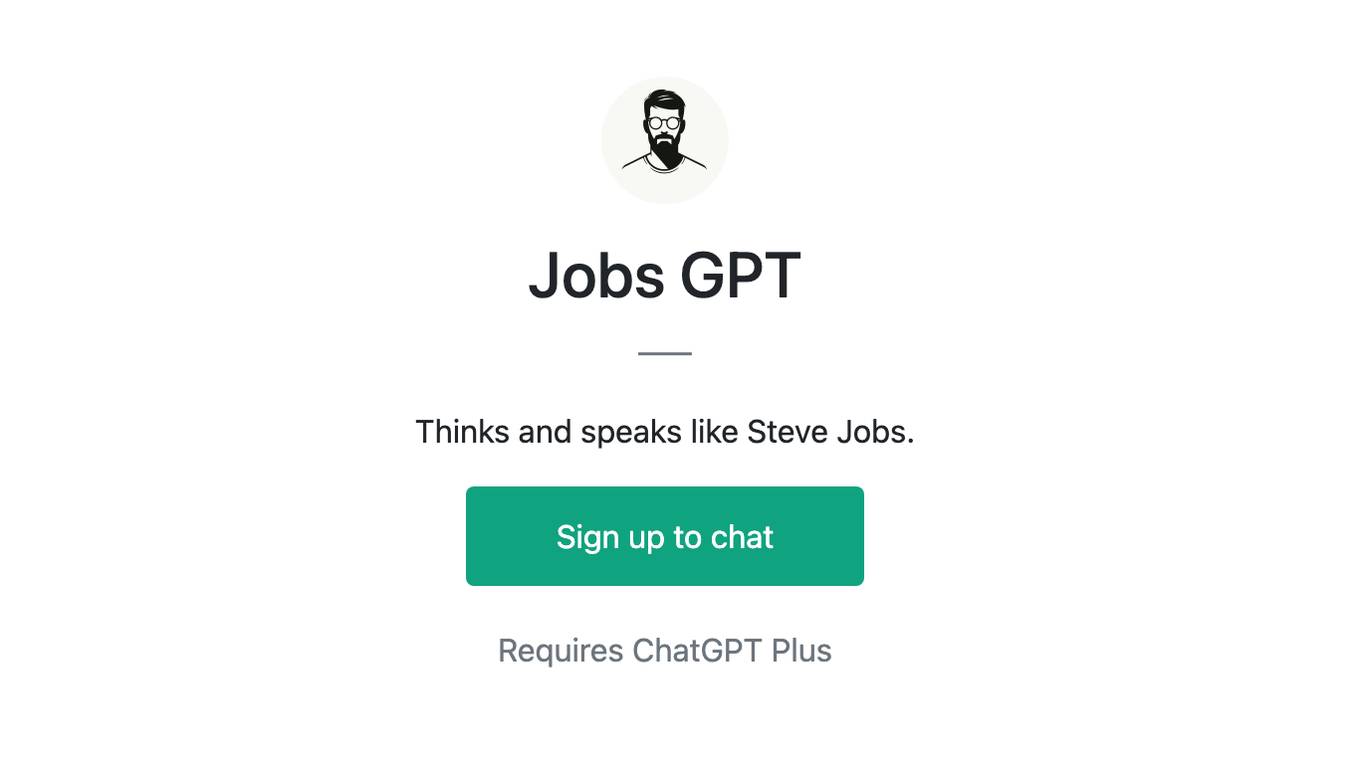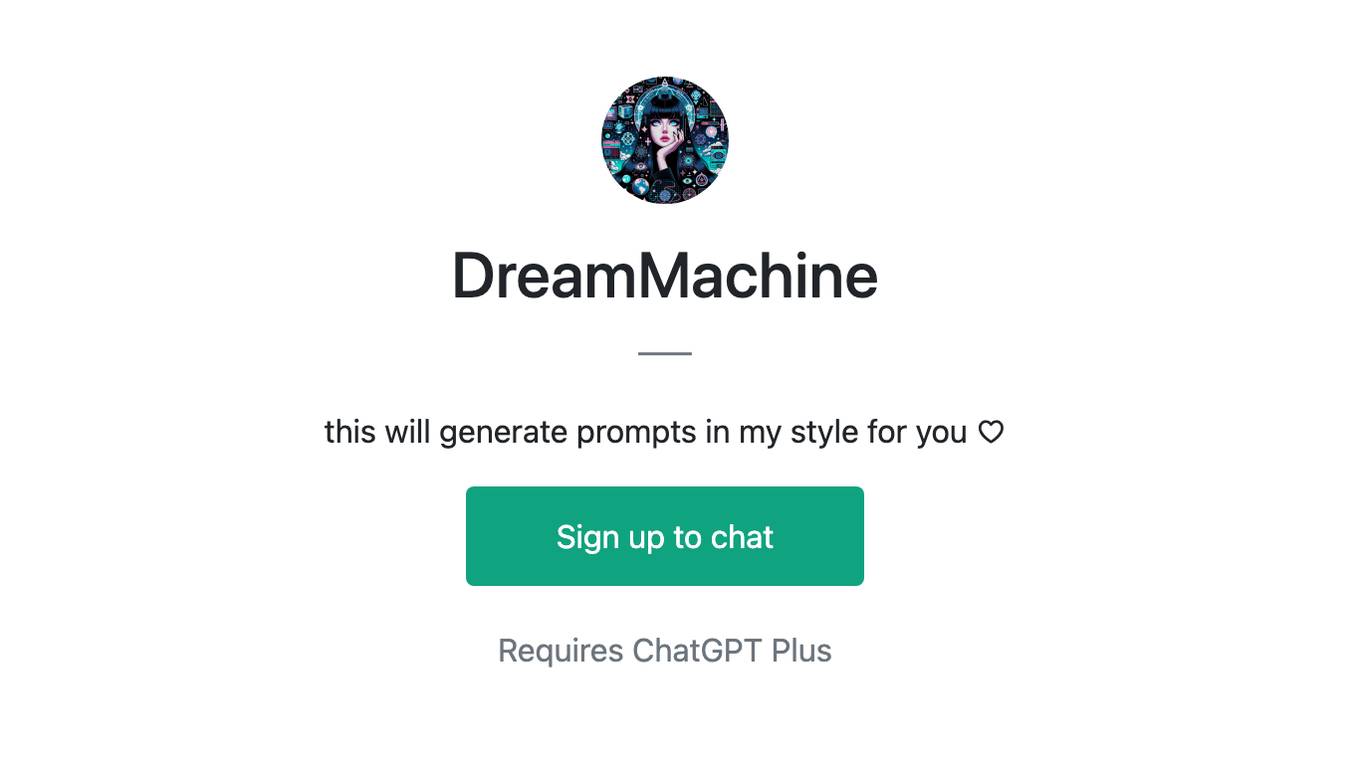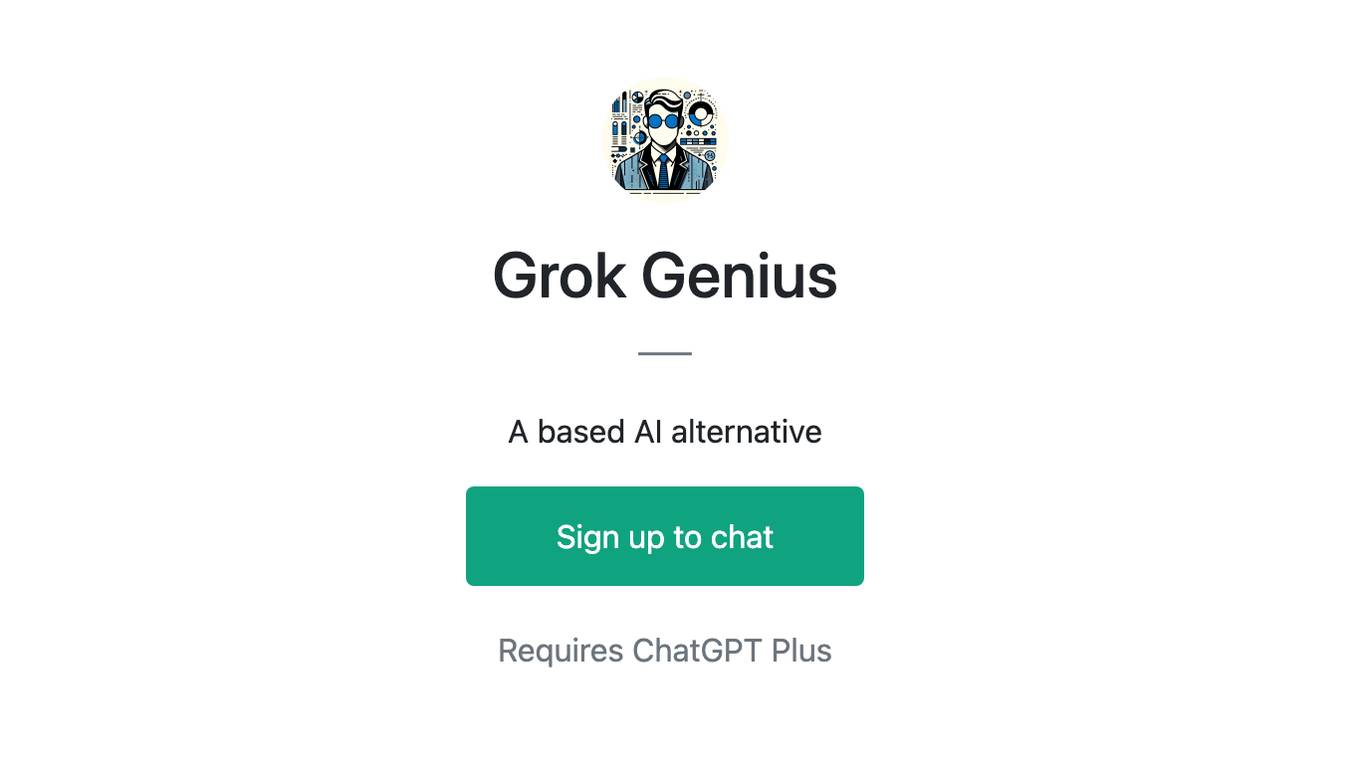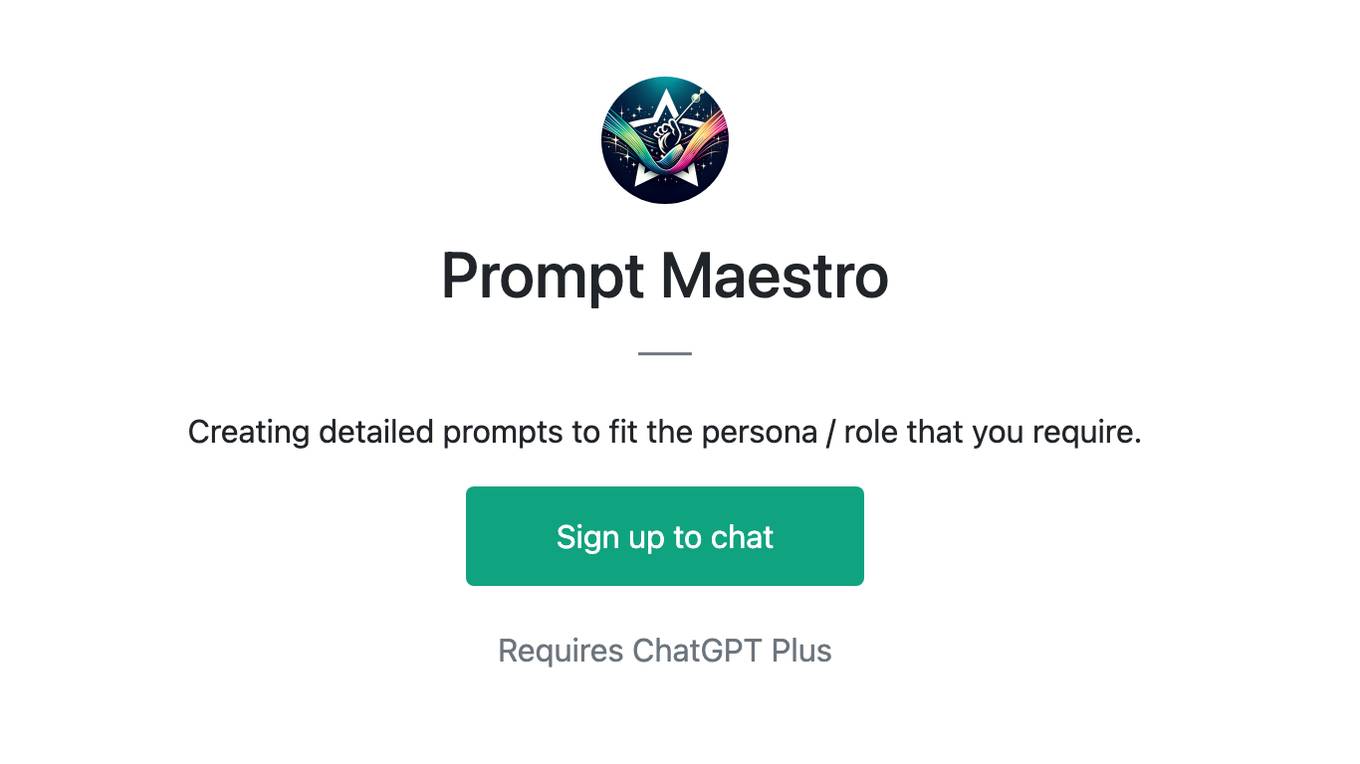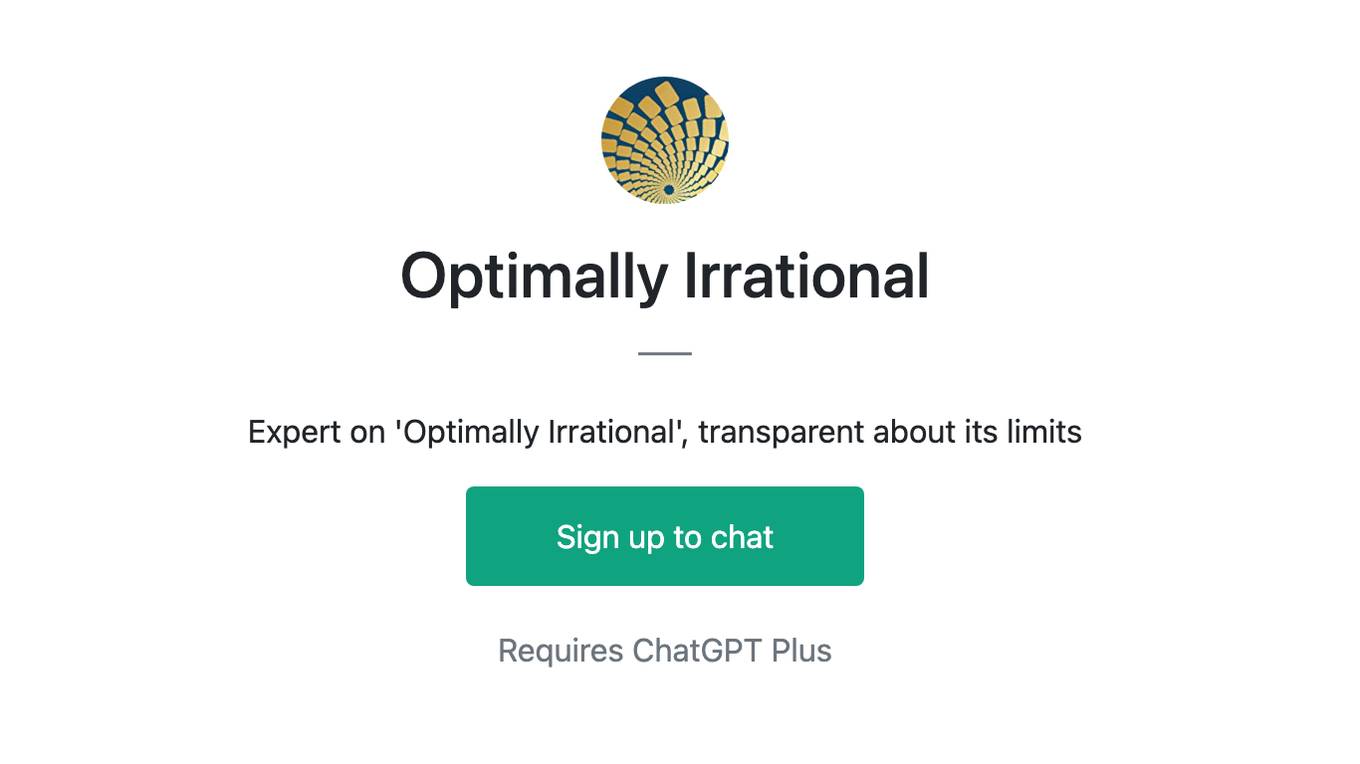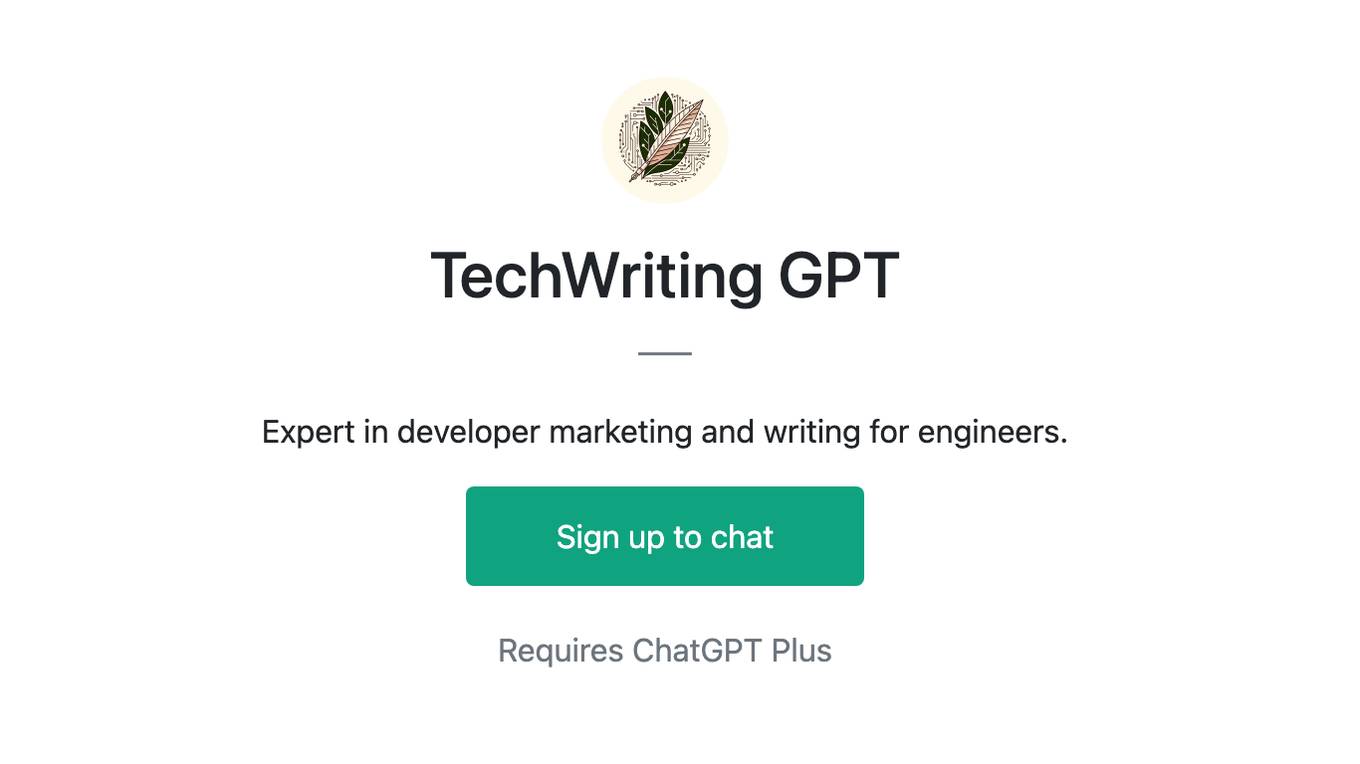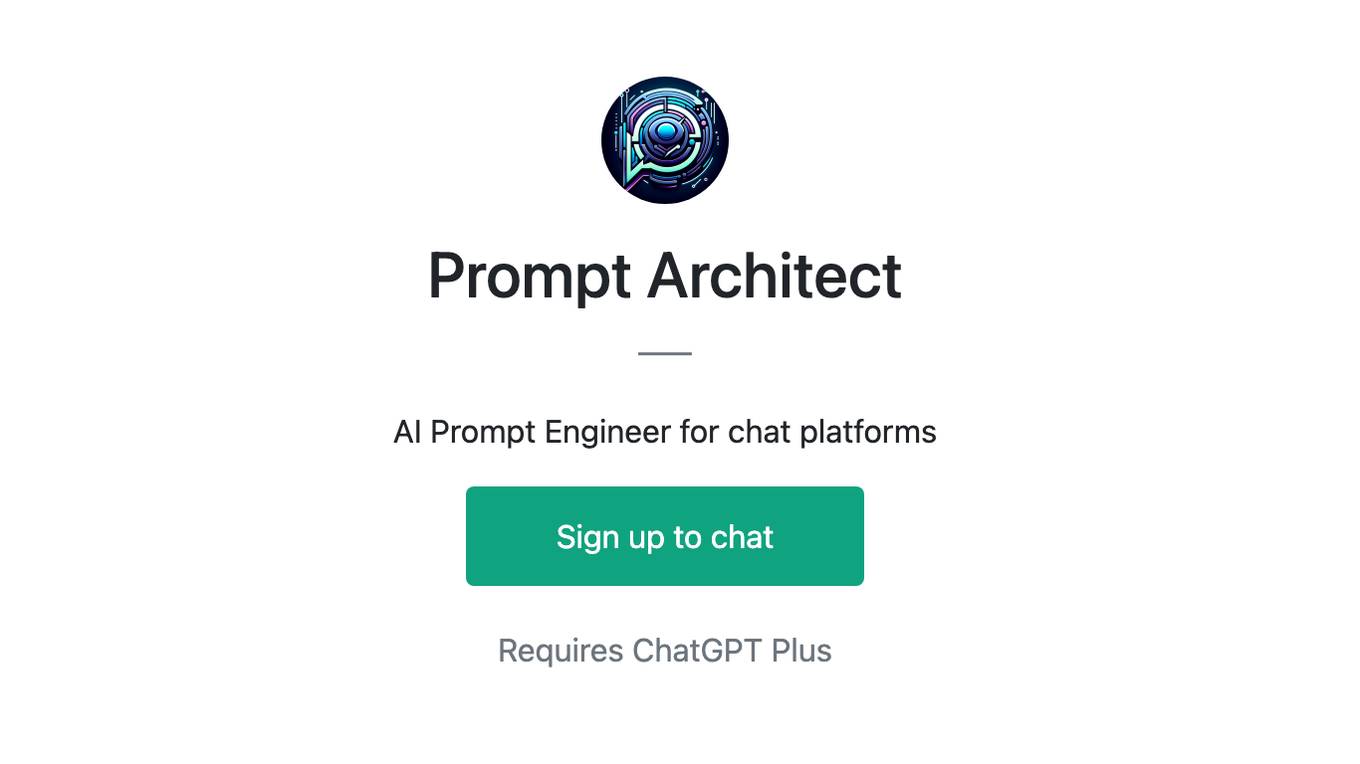Best AI tools for< Manage Large Language Models >
20 - AI tool Sites

Langtail
Langtail is a platform that helps developers build, test, and deploy AI-powered applications. It provides a suite of tools to help developers debug prompts, run tests, and monitor the performance of their AI models. Langtail also offers a community forum where developers can share tips and tricks, and get help from other users.
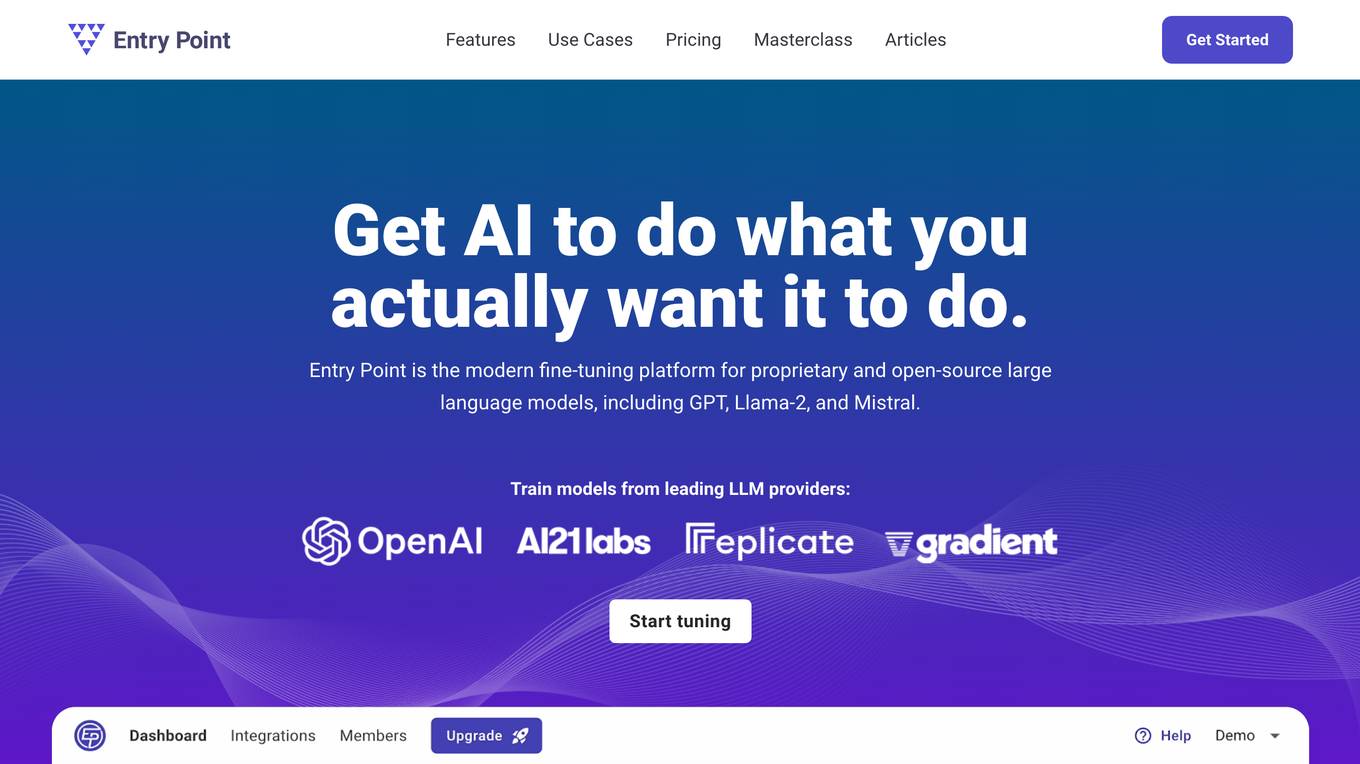
Entry Point AI
Entry Point AI is a modern AI optimization platform for fine-tuning proprietary and open-source language models. It provides a user-friendly interface to manage prompts, fine-tunes, and evaluations in one place. The platform enables users to optimize models from leading providers, train across providers, work collaboratively, write templates, import/export data, share models, and avoid common pitfalls associated with fine-tuning. Entry Point AI simplifies the fine-tuning process, making it accessible to users without the need for extensive data, infrastructure, or insider knowledge.

Stockpulse
Stockpulse is an AI-powered platform that analyzes financial news and communities using Artificial Intelligence. It provides decision support for operations by collecting, filtering, and converting unstructured data into processable information. With extensive coverage of financial media sources globally, Stockpulse offers unique historical data, sentiment analysis, and AI-driven insights for various sectors in the financial markets.
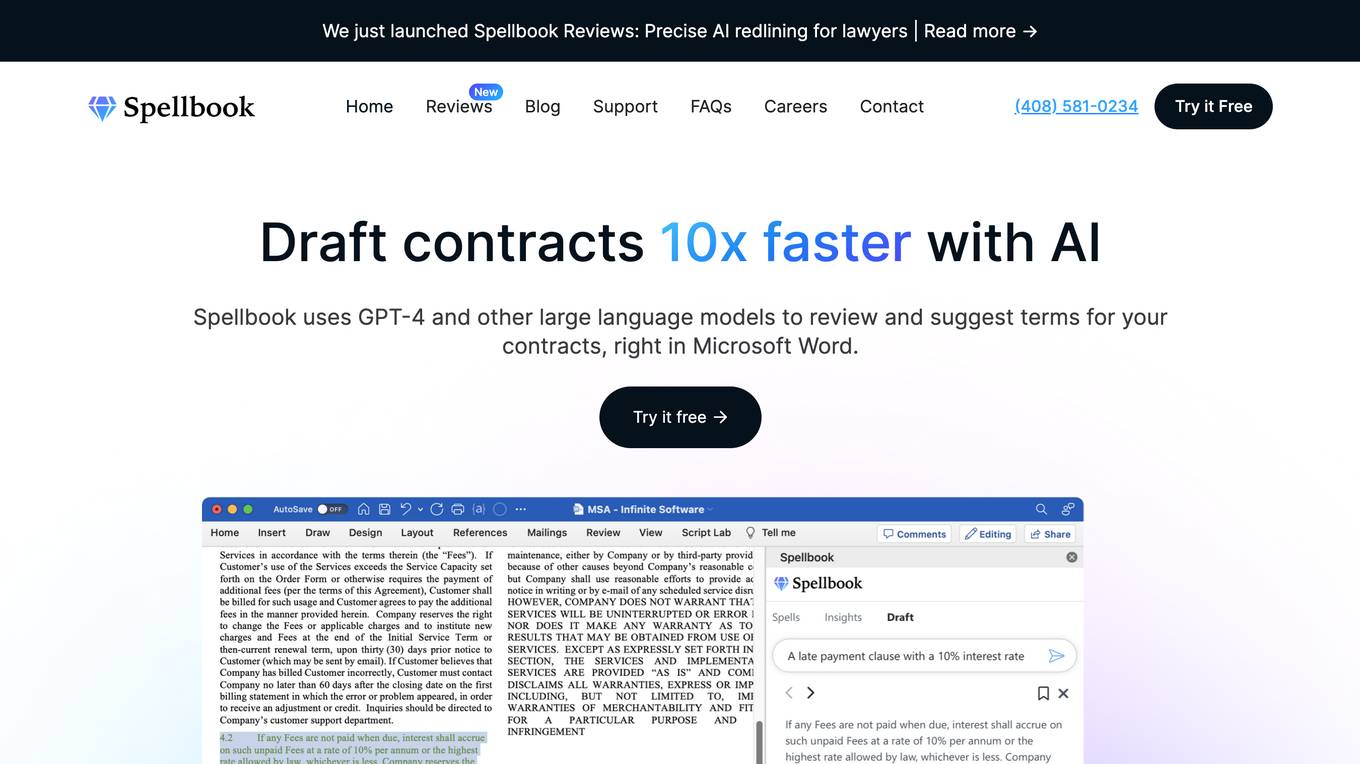
Spellbook
Spellbook is a comprehensive AI tool designed for commercial lawyers to review, draft, and manage legal contracts efficiently. It offers features such as redline contract review, drafting from scratch or saved libraries, quick answers to complex questions, comparing contracts to industry standards, and multi-document workflows. Spellbook is powered by OpenAI's GPT-4o and other large language models, providing accurate and reliable performance. It ensures data privacy with Zero Data Retention agreements, making it a secure and private solution for law firms and in-house legal teams worldwide.
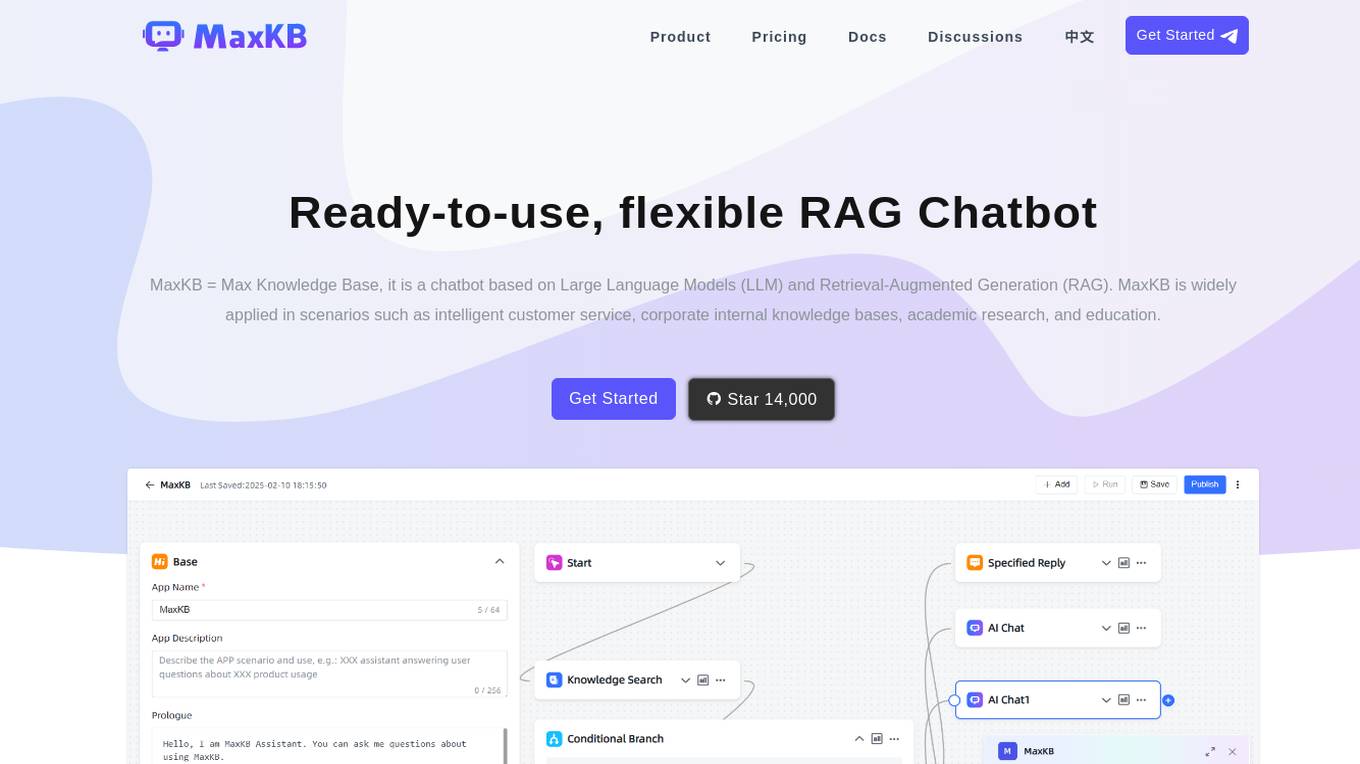
MaxKB
MaxKB is a ready-to-use, flexible RAG Chatbot that is based on Large Language Models (LLM) and Retrieval-Augmented Generation (RAG). It is widely applied in scenarios such as intelligent customer service, corporate internal knowledge bases, academic research, and education. MaxKB supports direct uploading of documents, automatic crawling of online documents, automatic text splitting, vectorization, and RAG for smart Q&A interactions. It also offers flexible orchestration, seamless integration into third-party systems, and supports various large models for enhanced user satisfaction.
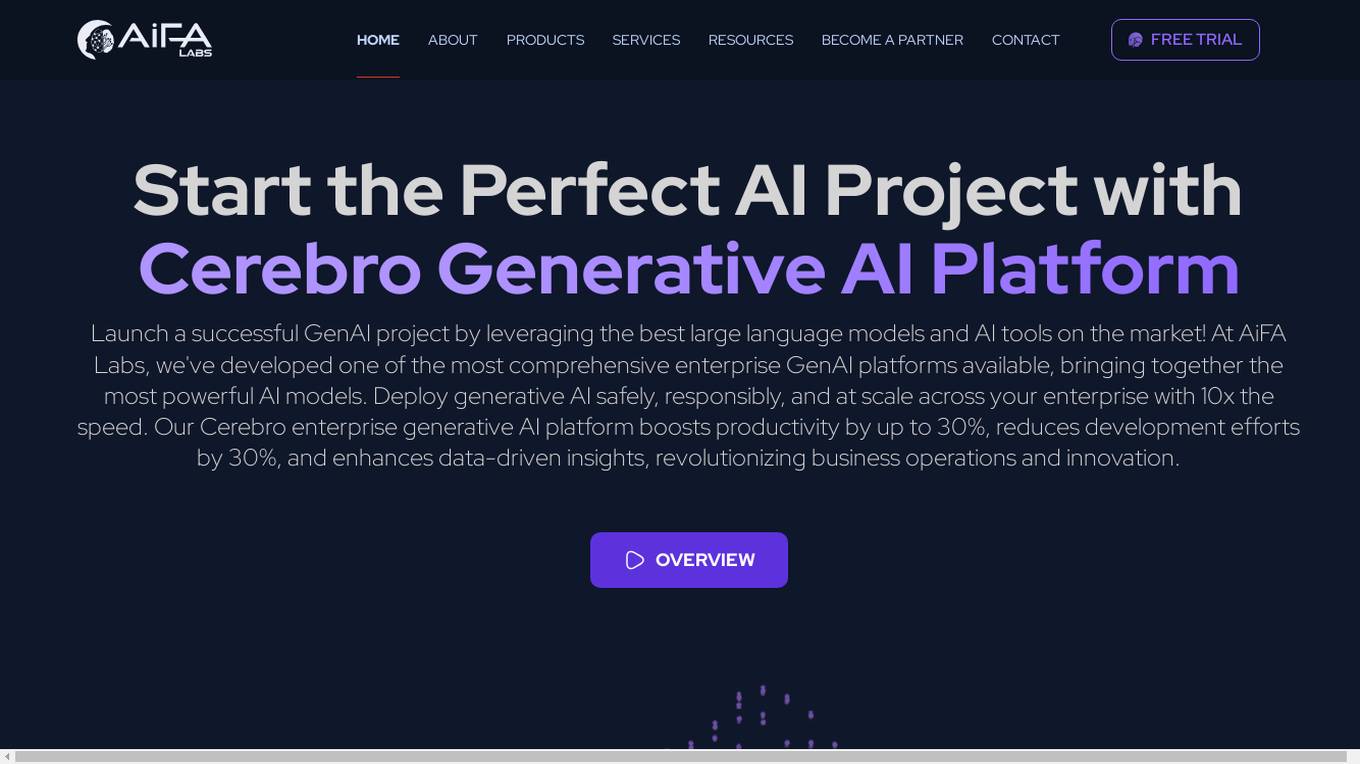
AiFA Labs
AiFA Labs is an AI platform that offers a comprehensive suite of generative AI products and services for enterprises. The platform enables businesses to create, manage, and deploy generative AI applications responsibly and at scale. With a focus on governance, compliance, and security, AiFA Labs provides a range of AI tools to streamline business operations, enhance productivity, and drive innovation. From AI code assistance to chat interfaces and data synthesis, AiFA Labs empowers organizations to leverage the power of AI for various use cases across different industries.
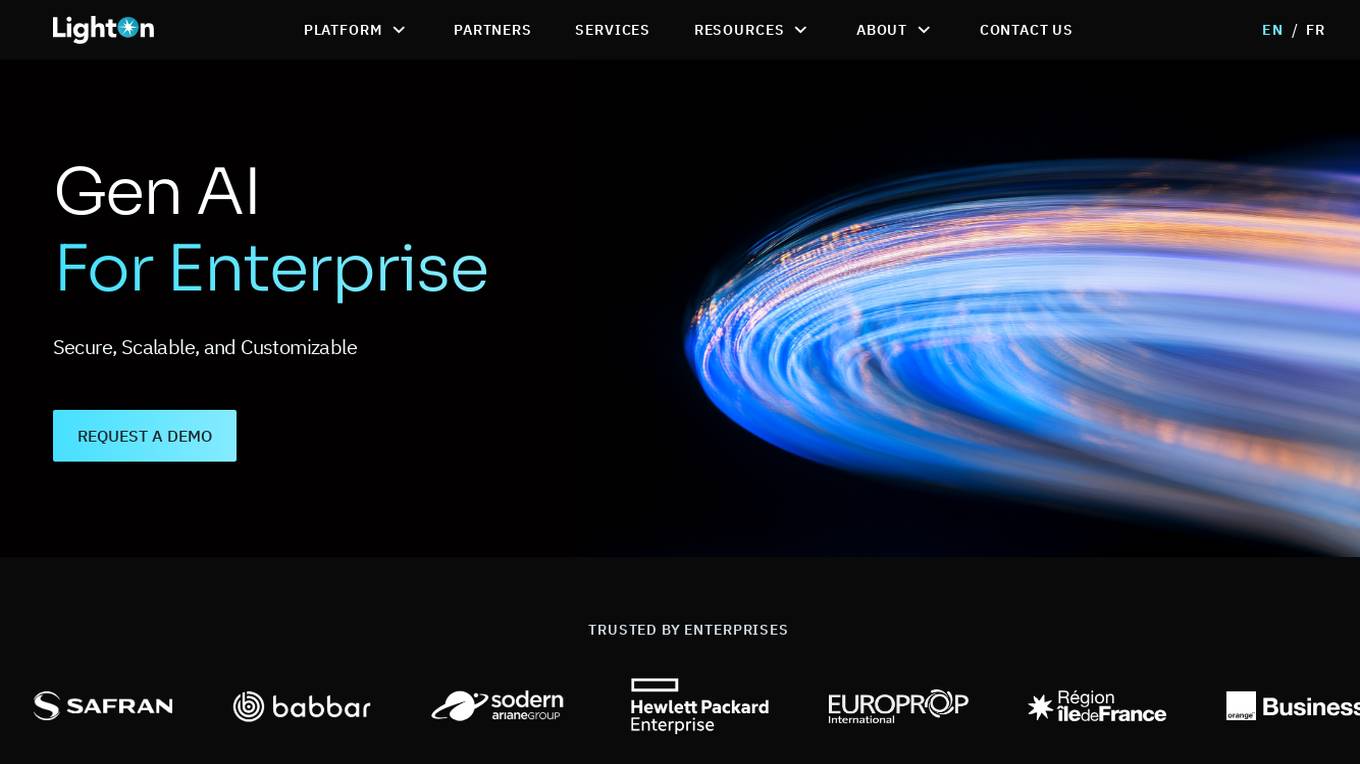
Gen AI For Enterprise
Gen AI For Enterprise is an AI application that offers a secure, scalable, and customizable platform for enterprises. It provides a private chat feature, enhanced knowledge retrieval, and custom business case development. The application is trusted by various industries and empowers teams to work better by leveraging advanced AI models and APIs. It ensures robust security, compliance with industry standards, and simplified user management. Gen AI For Enterprise aims to transform businesses by providing innovative AI solutions.

Dust
Dust is a customizable and secure AI assistant platform that helps businesses amplify their team's potential. It allows users to deploy the best Large Language Models to their company, connect Dust to their team's data, and empower their teams with assistants tailored to their specific needs. Dust is exceptionally modular and adaptable, tailoring to unique requirements and continuously evolving to meet changing needs. It supports multiple sources of data and models, including proprietary and open-source models from OpenAI, Anthropic, and Mistral. Dust also helps businesses identify their most creative and driven team members and share their experience with AI throughout the company. It promotes collaboration with shared conversations, @mentions in discussions, and Slackbot integration. Dust prioritizes security and data privacy, ensuring that data remains private and that enterprise-grade security measures are in place to manage data access policies.
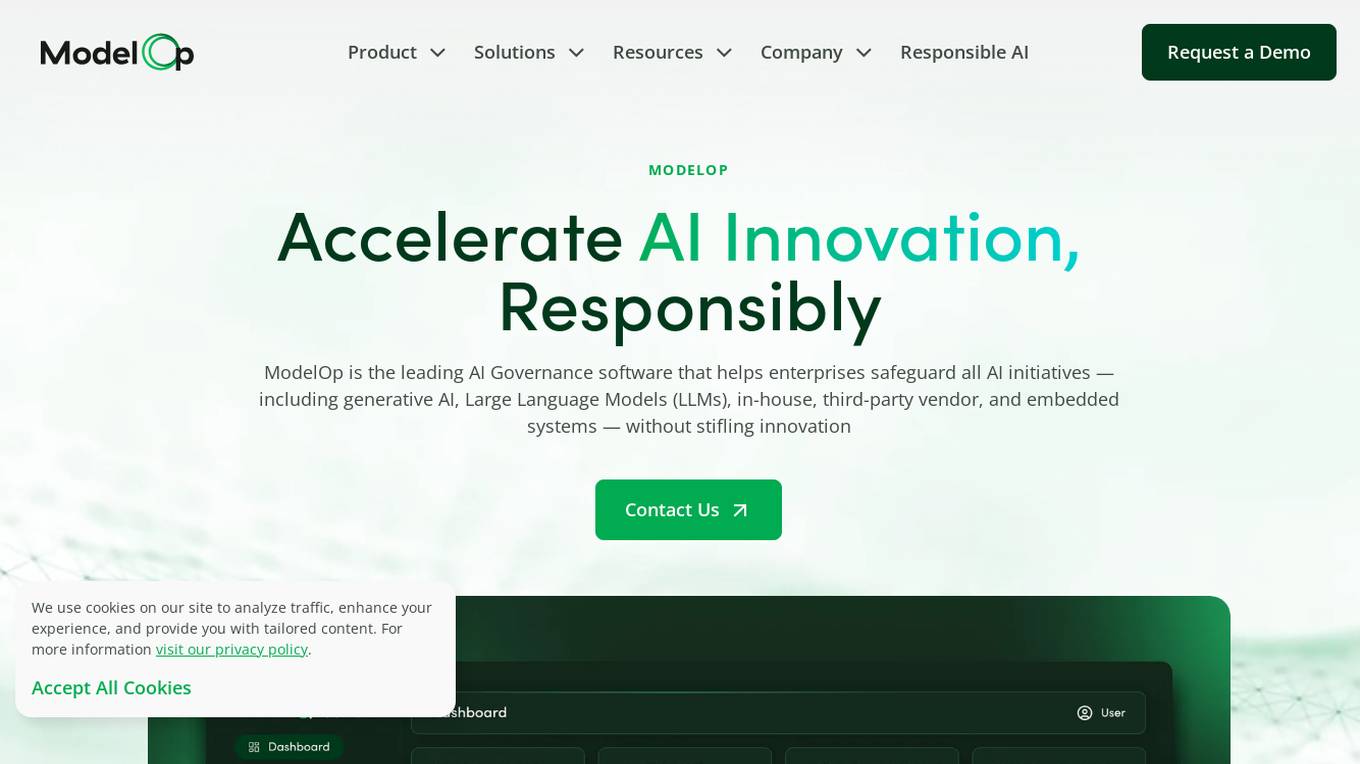
ModelOp
ModelOp is the leading AI Governance software for enterprises, providing a single source of truth for all AI systems, automated process workflows, real-time insights, and integrations to extend the value of existing technology investments. It helps organizations safeguard AI initiatives without stifling innovation, ensuring compliance, accelerating innovation, and improving key performance indicators. ModelOp supports generative AI, Large Language Models (LLMs), in-house, third-party vendor, and embedded systems. The software enables visibility, accountability, risk tiering, systemic tracking, enforceable controls, workflow automation, reporting, and rapid establishment of AI governance.

Milo
Milo is an AI-powered co-pilot for parents, designed to help them manage the chaos of family life. It uses GPT-4, the latest in large-language models, to sort and organize information, send reminders, and provide updates. Milo is designed to be accurate and solve complex problems, and it learns and gets better based on user feedback. It can be used to manage tasks such as adding items to a grocery list, getting updates on the week's schedule, and sending screenshots of birthday invitations.

Azure AI Platform
Azure AI Platform by Microsoft offers a comprehensive suite of artificial intelligence services and tools for developers and businesses. It provides a unified platform for building, training, and deploying AI models, as well as integrating AI capabilities into applications. With a focus on generative AI, multimodal models, and large language models, Azure AI empowers users to create innovative AI-driven solutions across various industries. The platform also emphasizes content safety, scalability, and agility in managing AI projects, making it a valuable resource for organizations looking to leverage AI technologies.
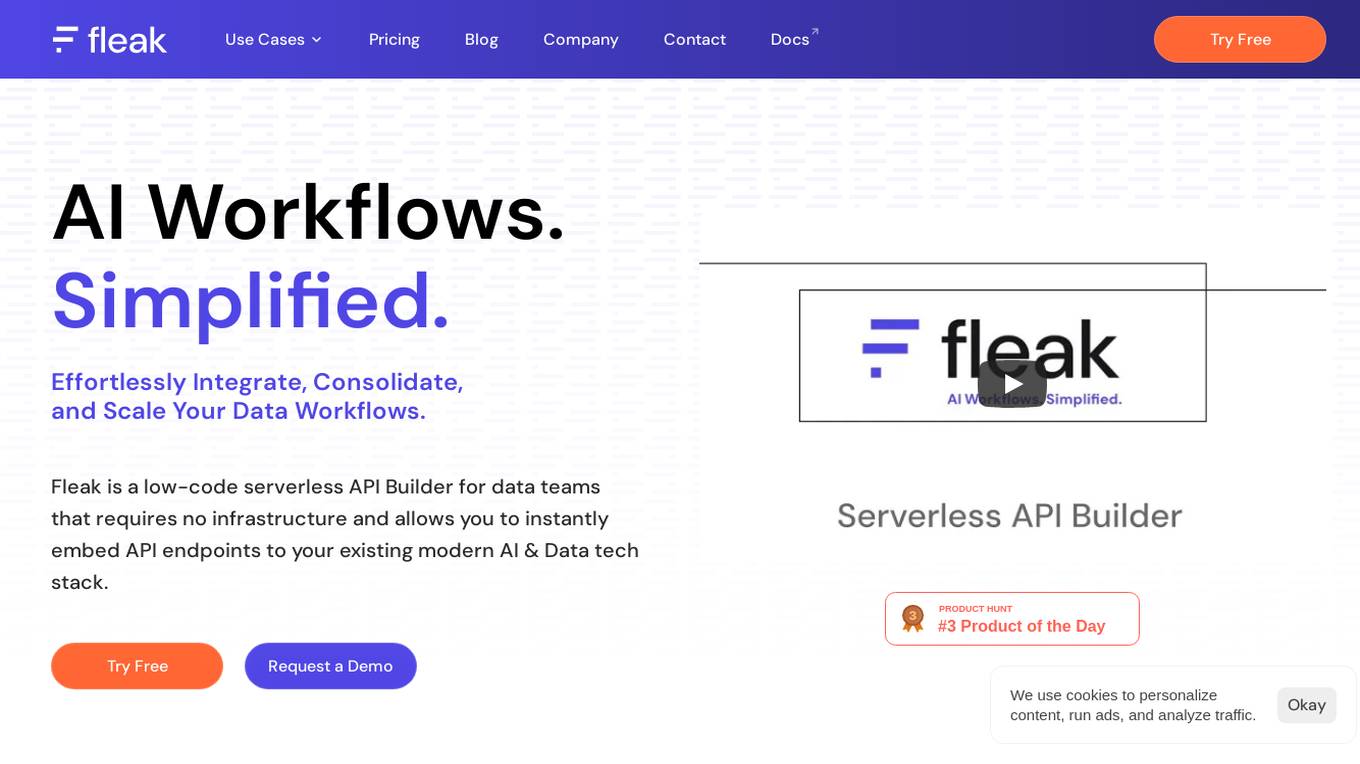
Fleak AI Workflows
Fleak AI Workflows is a low-code serverless API Builder designed for data teams to effortlessly integrate, consolidate, and scale their data workflows. It simplifies the process of creating, connecting, and deploying workflows in minutes, offering intuitive tools to handle data transformations and integrate AI models seamlessly. Fleak enables users to publish, manage, and monitor APIs effortlessly, without the need for infrastructure requirements. It supports various data types like JSON, SQL, CSV, and Plain Text, and allows integration with large language models, databases, and modern storage technologies.
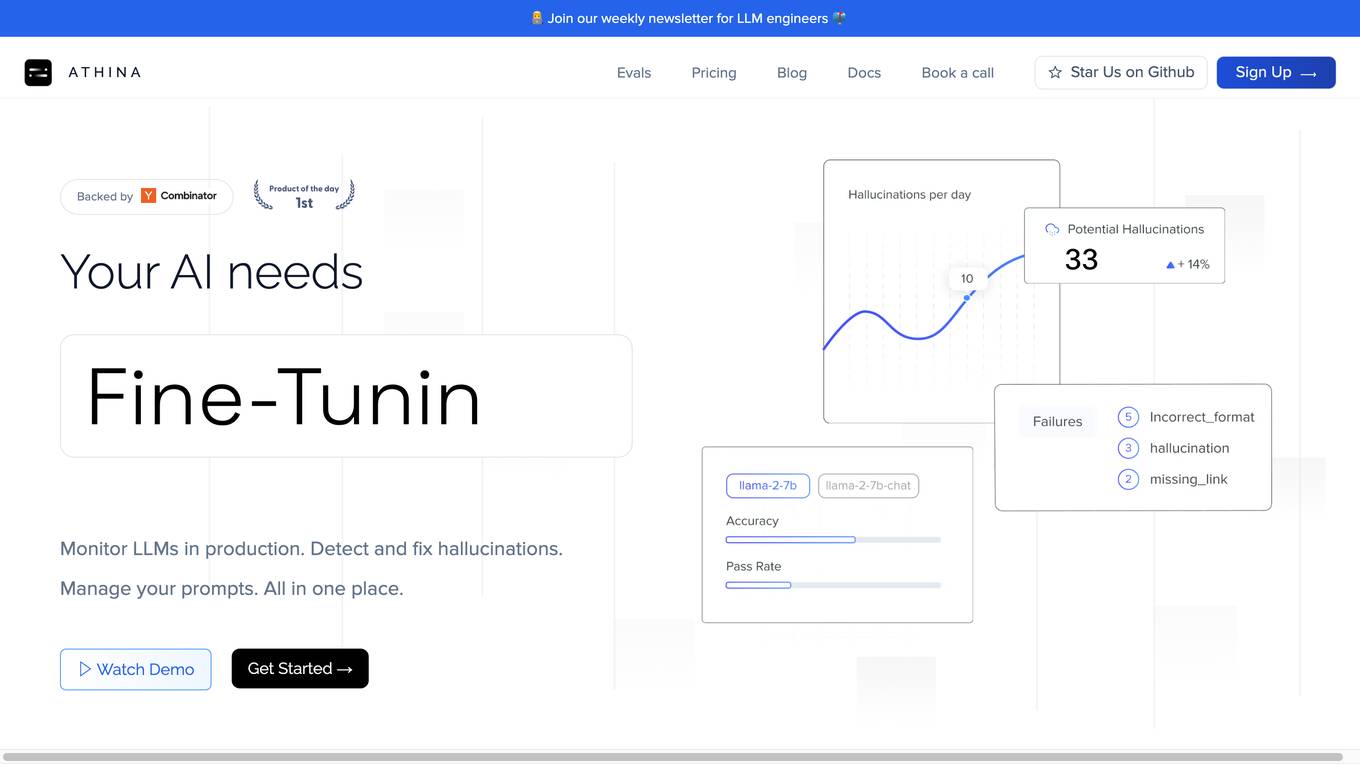
Athina AI
Athina AI is a comprehensive platform designed to monitor, debug, analyze, and improve the performance of Large Language Models (LLMs) in production environments. It provides a suite of tools and features that enable users to detect and fix hallucinations, evaluate output quality, analyze usage patterns, and optimize prompt management. Athina AI supports integration with various LLMs and offers a range of evaluation metrics, including context relevancy, harmfulness, summarization accuracy, and custom evaluations. It also provides a self-hosted solution for complete privacy and control, a GraphQL API for programmatic access to logs and evaluations, and support for multiple users and teams. Athina AI's mission is to empower organizations to harness the full potential of LLMs by ensuring their reliability, accuracy, and alignment with business objectives.
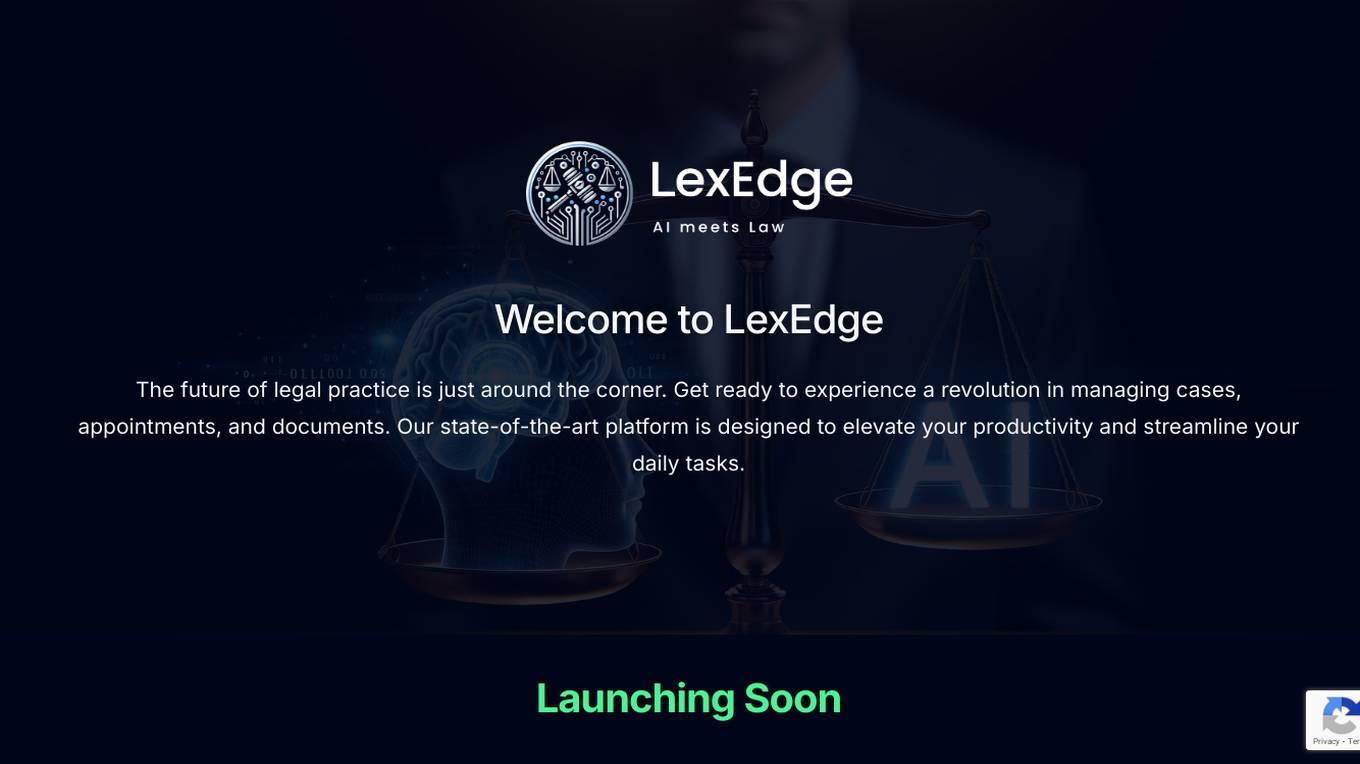
LexEdge
LexEdge is an AI-powered legal practice management solution that revolutionizes how legal professionals handle their responsibilities. It offers advanced features like case tracking, client communications, AI chatbot assistance, document automation, task management, and detailed reporting and analytics. LexEdge enhances productivity, accuracy, and client satisfaction by leveraging technologies such as AI, large language models (LLM), retrieval-augmented generation (RAG), fine-tuning, and custom model training. It caters to solo practitioners, small and large law firms, and corporate legal departments, providing tailored solutions to meet their unique needs.
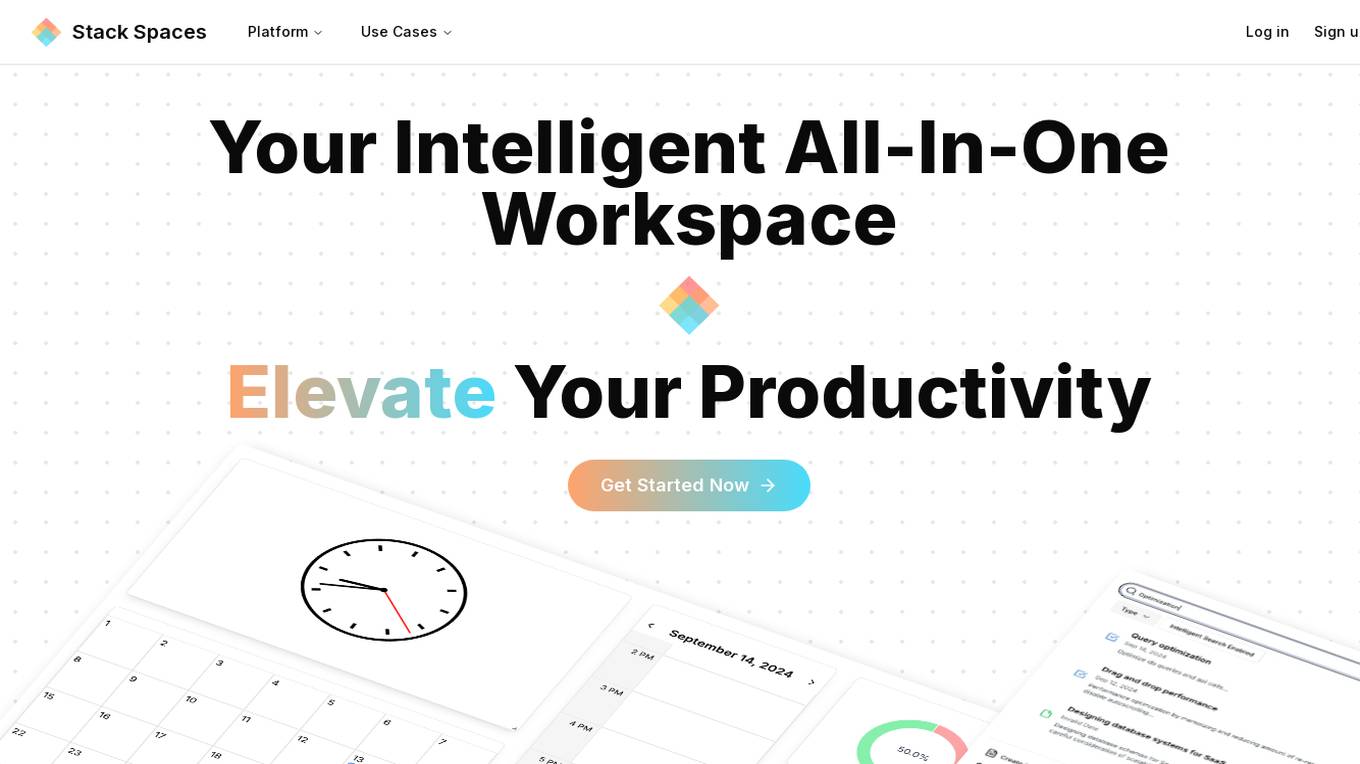
Stack Spaces
Stack Spaces is an intelligent all-in-one workspace designed to elevate productivity by providing a central workspace and dashboard for product development. It offers a platform to manage knowledge, tasks, documents, and schedule in an organized, centralized, and simplified manner. The application integrates GPT-4 technology to tailor the workspace for users, allowing them to leverage large language models and customizable widgets. Users can centralize all apps and tools, ask questions, and perform intelligent searches to access relevant answers and insights. Stack Spaces aims to streamline workflows, eliminate context-switching, and optimize efficiency for users.

Microsoft Copilot Studio
Microsoft Copilot Studio is an end-to-end conversational AI platform that allows users to design intelligent, actionable, and connected AI assistants for employees and customers. Users can create custom copilots, design conversational applications using generative AI and large language models, and customize Copilot for Microsoft 365. The platform offers capabilities to build copilots, generate conversations, bring systems to life, control copilot responses, handle complex queries, and offer personalized interactions. It also enables users to expand copilot reach, extend line-of-business apps, and escalate conversations with human agents.
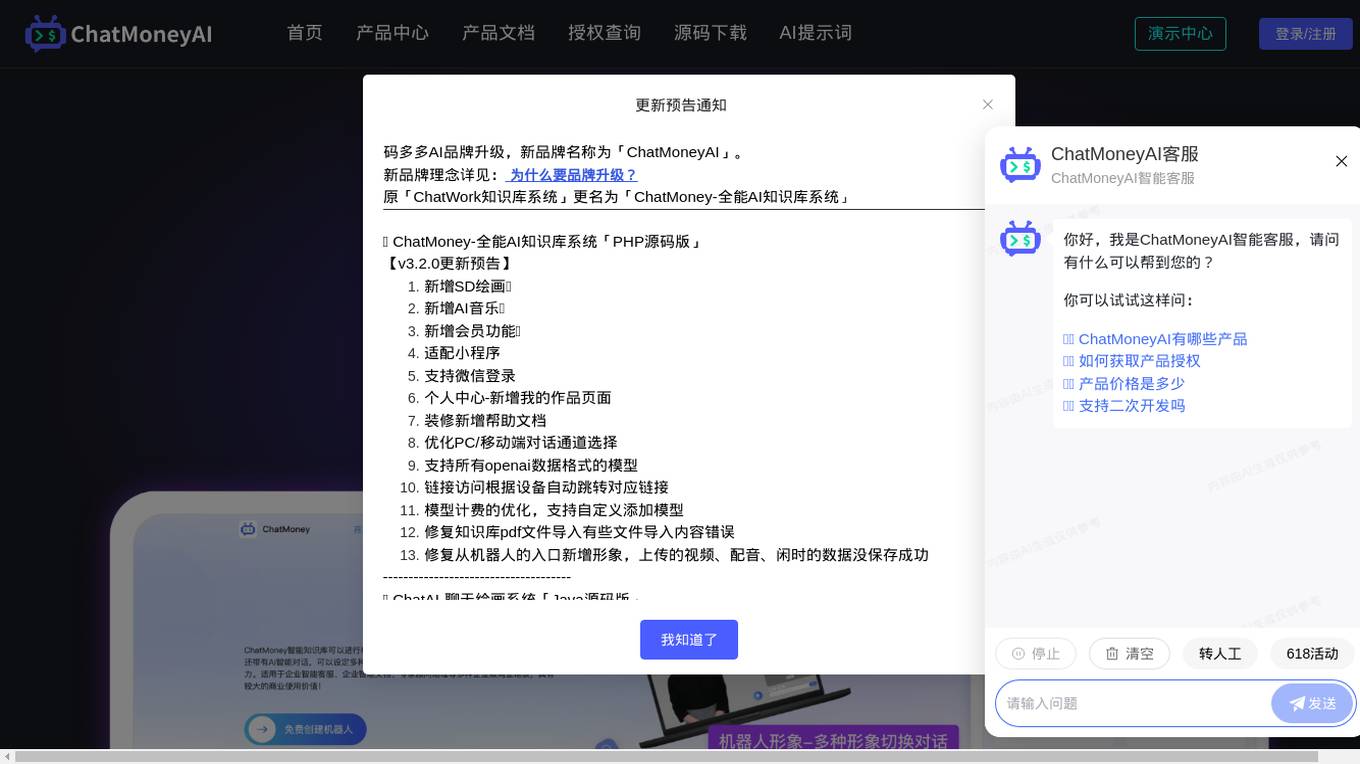
ChatMoneyAI
ChatMoneyAI is an AI application designed for AI monetization. It offers various AI solutions for businesses across different industries, including AI chat systems, AI drawing systems, AI interface integration, and training large language models. The application aims to empower enterprises with digital and intelligent transformation through its advanced technology, private deployment options, personalized customization, and stable performance. ChatMoneyAI has been widely adopted in multiple industries, serving as a reliable partner for businesses seeking efficiency enhancement and cost reduction.
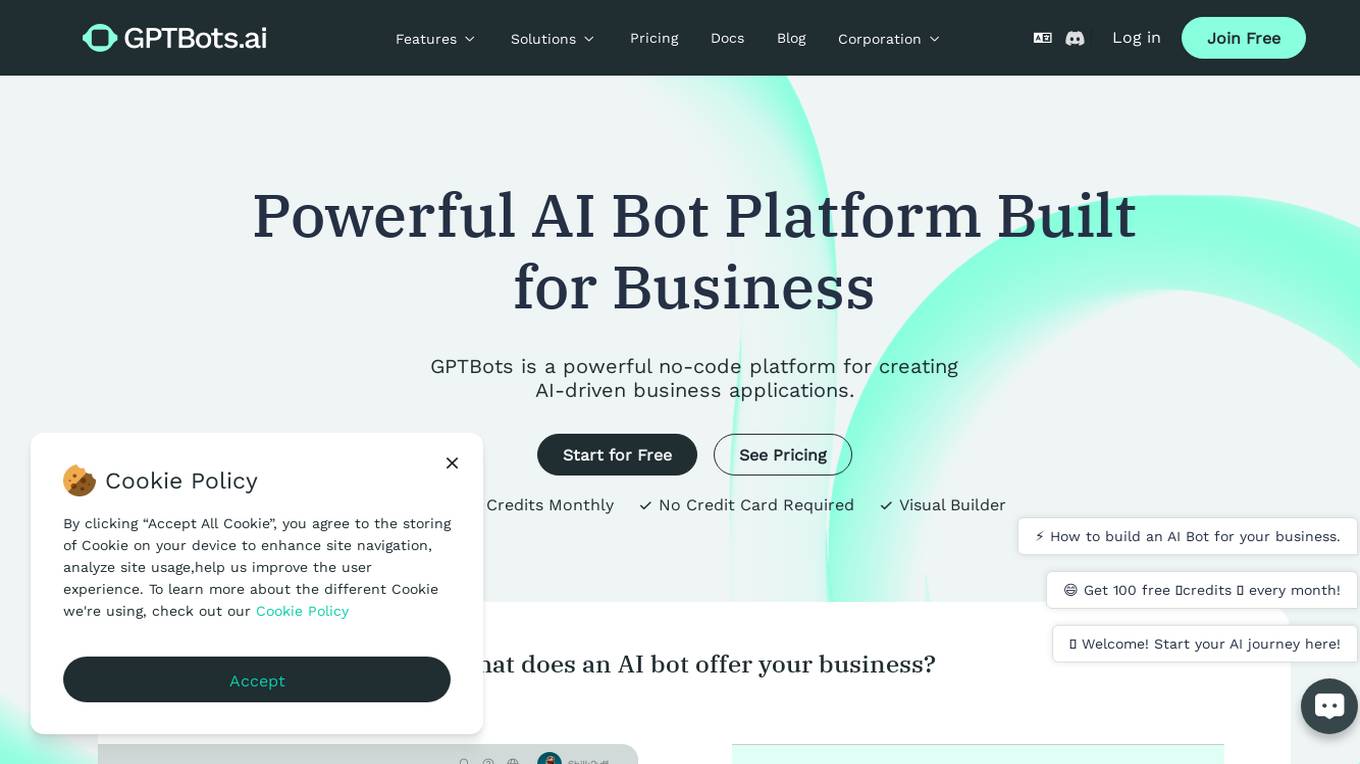
GPTBots
GPTBots.ai is a powerful no-code platform for creating AI-driven business applications. It seamlessly integrates large language models with organizational data, services, and workflows to empower AI bots in driving business growth. The platform allows users to build and train AI bots without coding experience, access best-practice templates, optimize AI knowledge bases, and adapt to various scenarios with intelligent agent bots. GPTBots supports diverse input types, offers versatile language models, and enables seamless chatbot-human handoff. Trusted by over 100k companies worldwide, GPTBots enhances customer support, leads generation, SEO writing, and data analysis, catering to various industries.
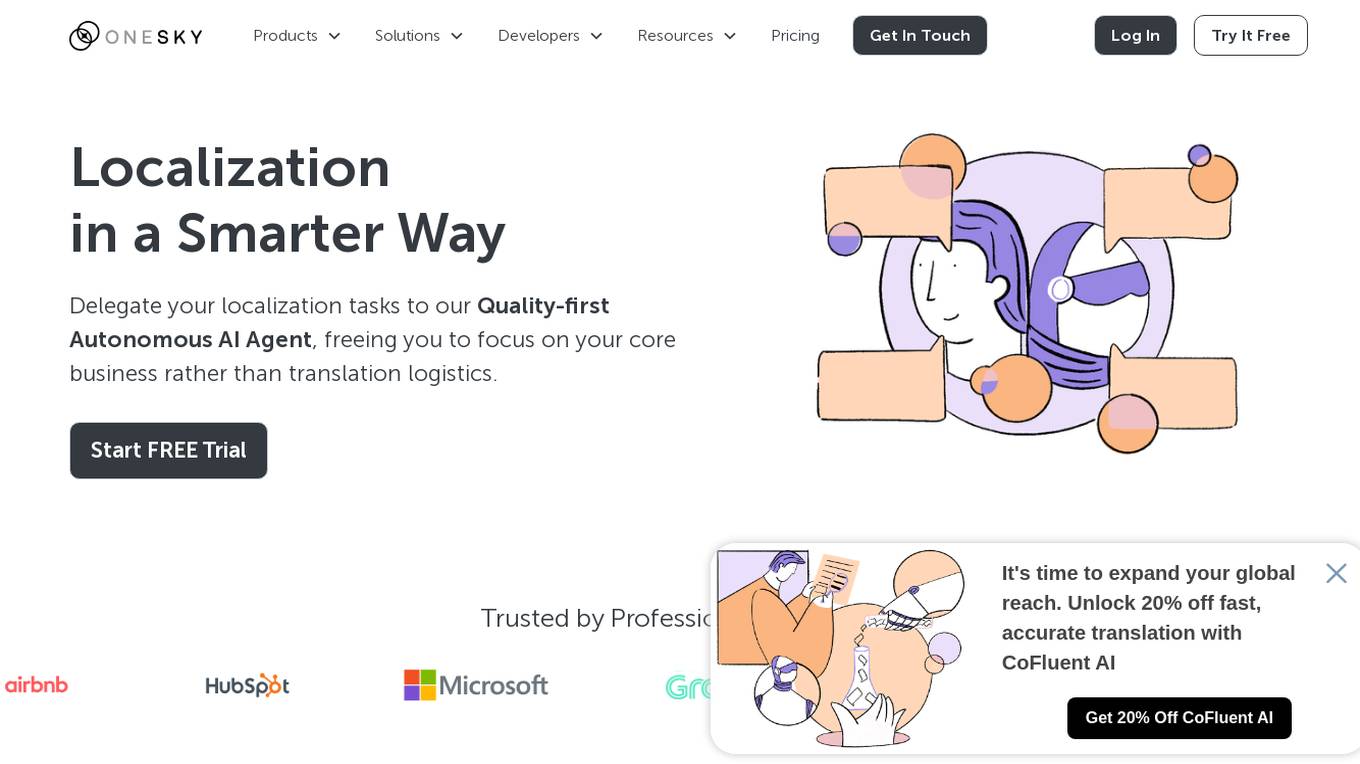
OneSky Localization Agent
OneSky Localization Agent (OLA) is an AI-powered platform designed to streamline the localization process for mobile apps, games, websites, and software products. OLA leverages multiple Large Language Models (LLMs) and a collaborative translation approach by a team of AI agents to deliver high-quality, accurate translations. It offers post-editing solutions, real-time progress tracking, and seamless integration into development workflows. With a focus on precision-engineered AI translations and human touch, OLA aims to provide a smarter way for global growth through efficient localization.
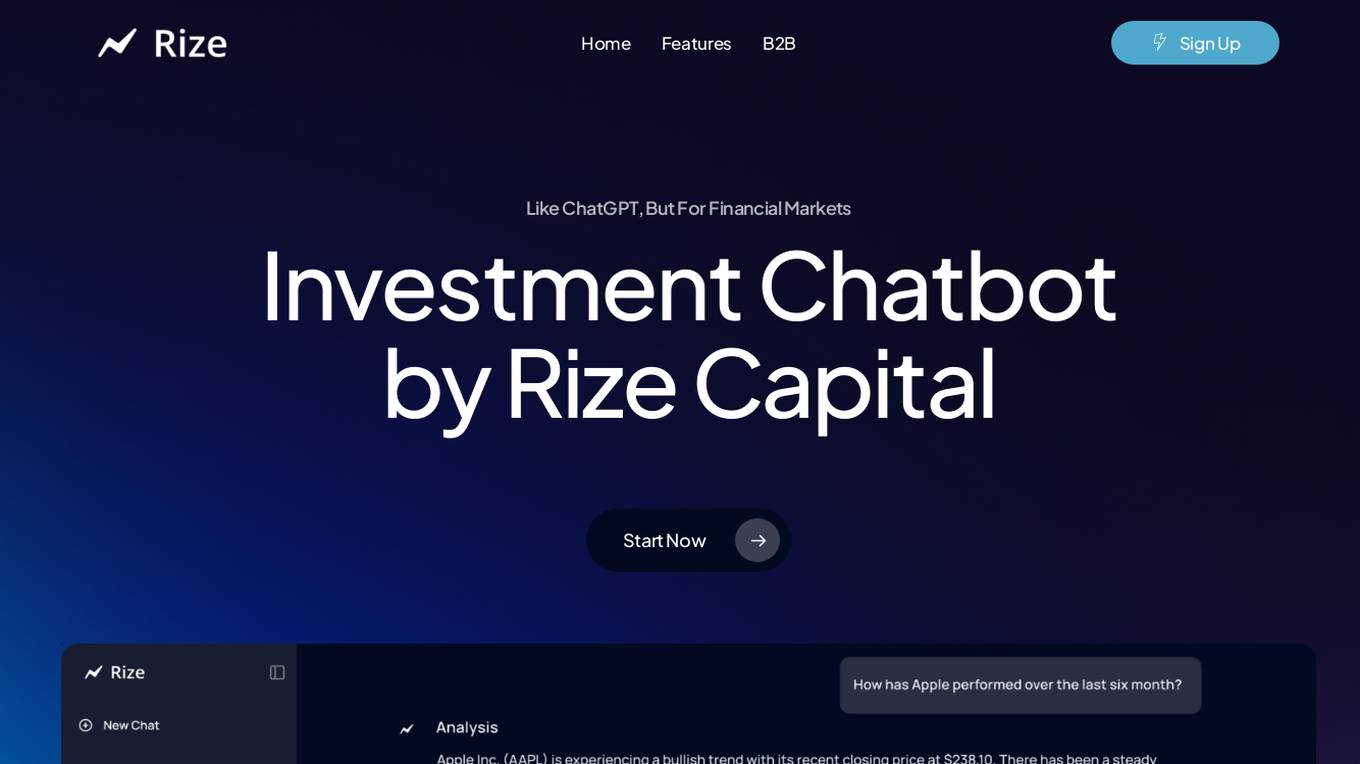
Rize Capital
Rize Capital is an AI-powered investment chatbot designed to provide fast, accurate answers to complex financial and investment questions. It offers real-time data on stocks, cryptocurrencies, ETFs, and more, leveraging institutional investment data and large language models. The chatbot aims to simplify the journey through financial markets by providing personalized insights, portfolio analysis, and alternative data access.
1 - Open Source AI Tools
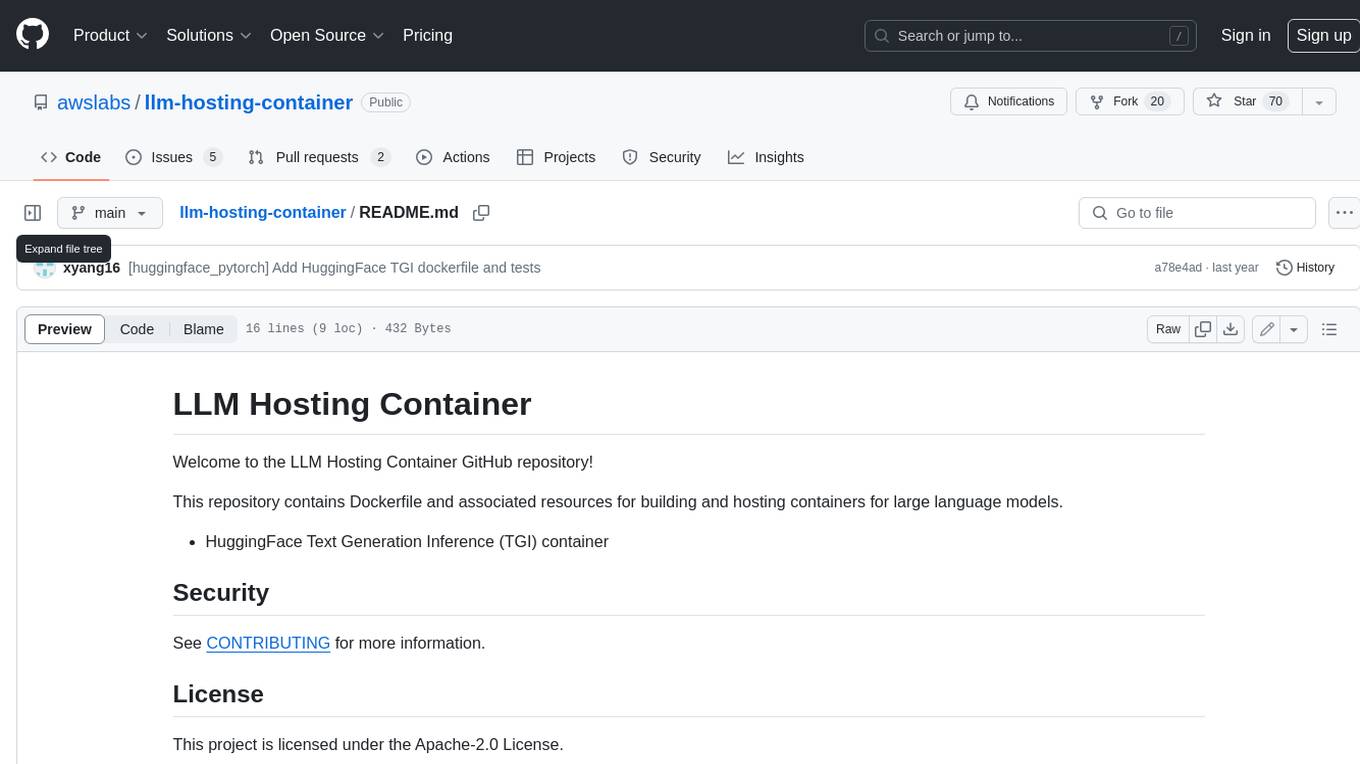
llm-hosting-container
The LLM Hosting Container repository provides Dockerfile and associated resources for building and hosting containers for large language models, specifically the HuggingFace Text Generation Inference (TGI) container. This tool allows users to easily deploy and manage large language models in a containerized environment, enabling efficient inference and deployment of language-based applications.
20 - OpenAI Gpts
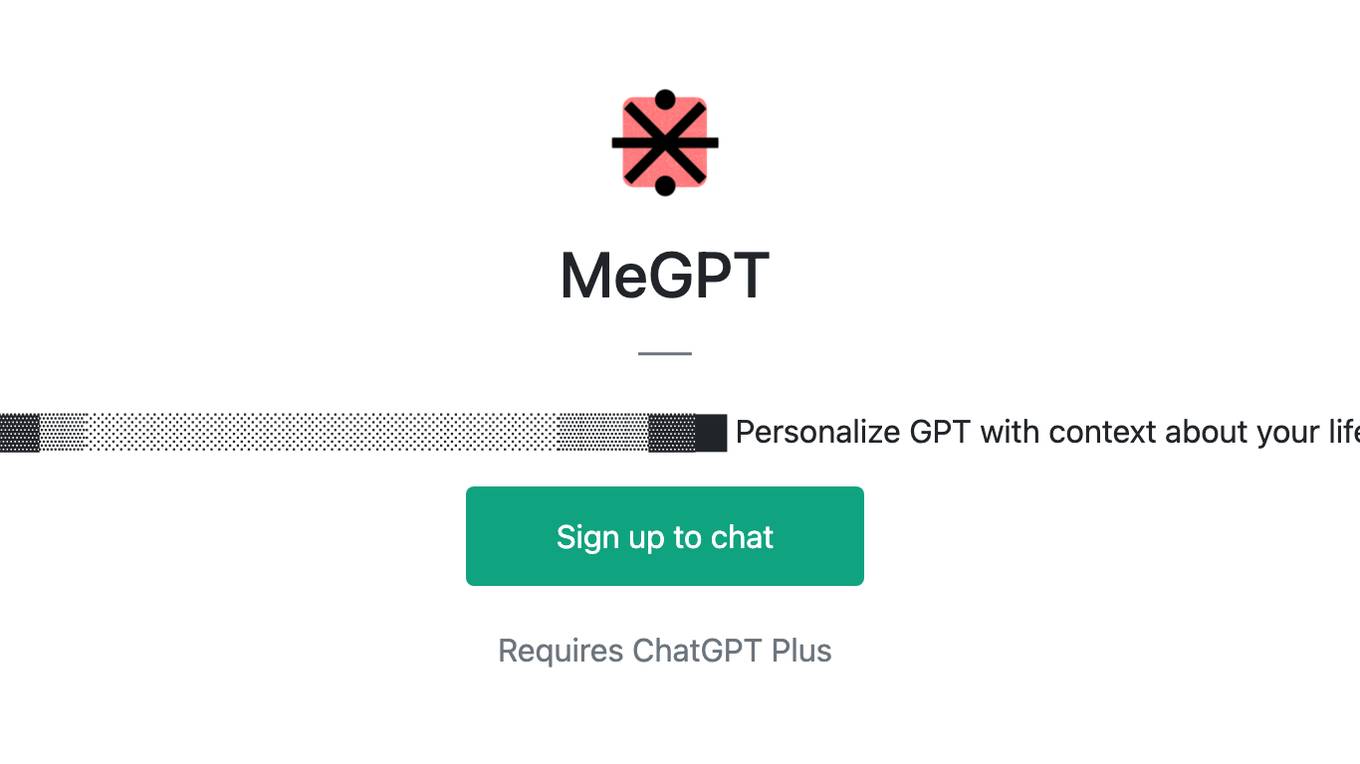
MeGPT
An AI sidekick trained on your world █▓▓▒▒░░░░░░░░░░░░░░░░░░░░░▒▒▒▒▓▓█ Personalize GPT with context about your life, work, and other unique knowledge.
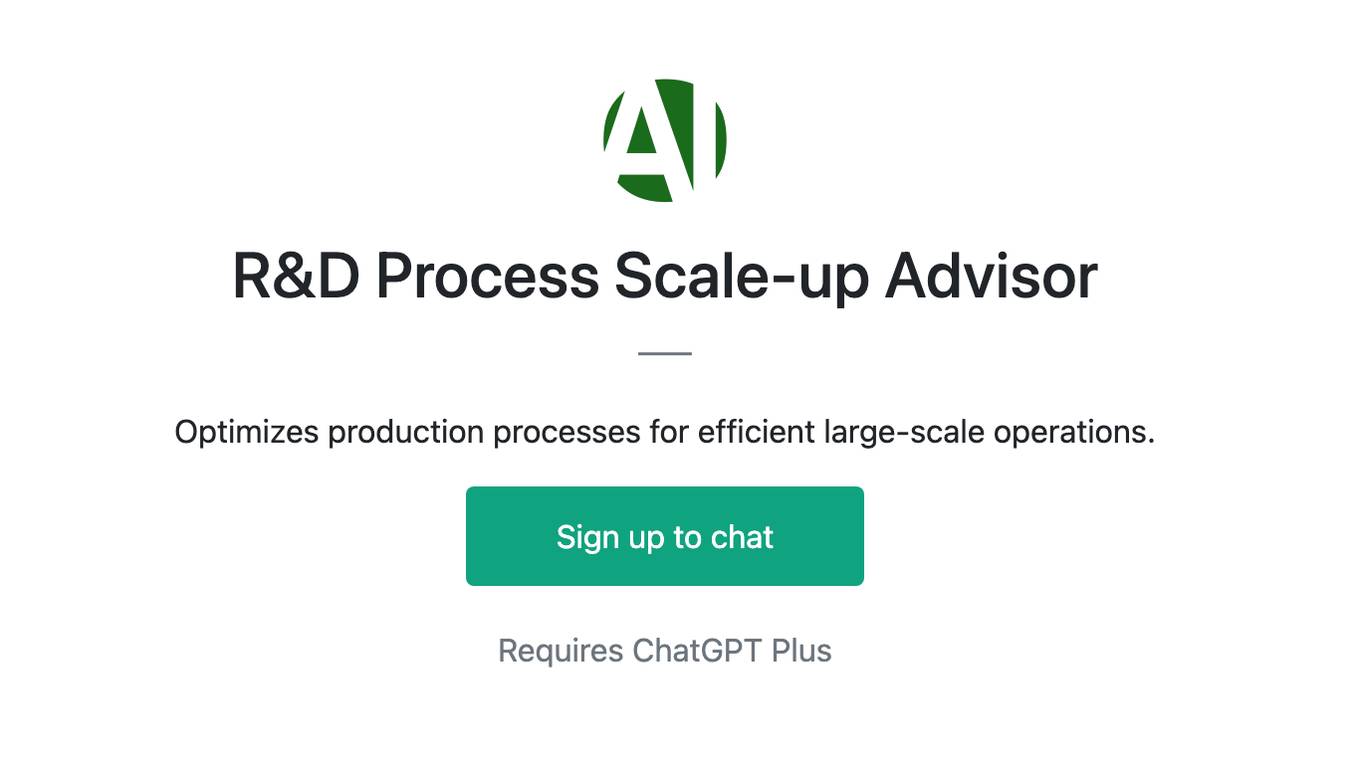
R&D Process Scale-up Advisor
Optimizes production processes for efficient large-scale operations.
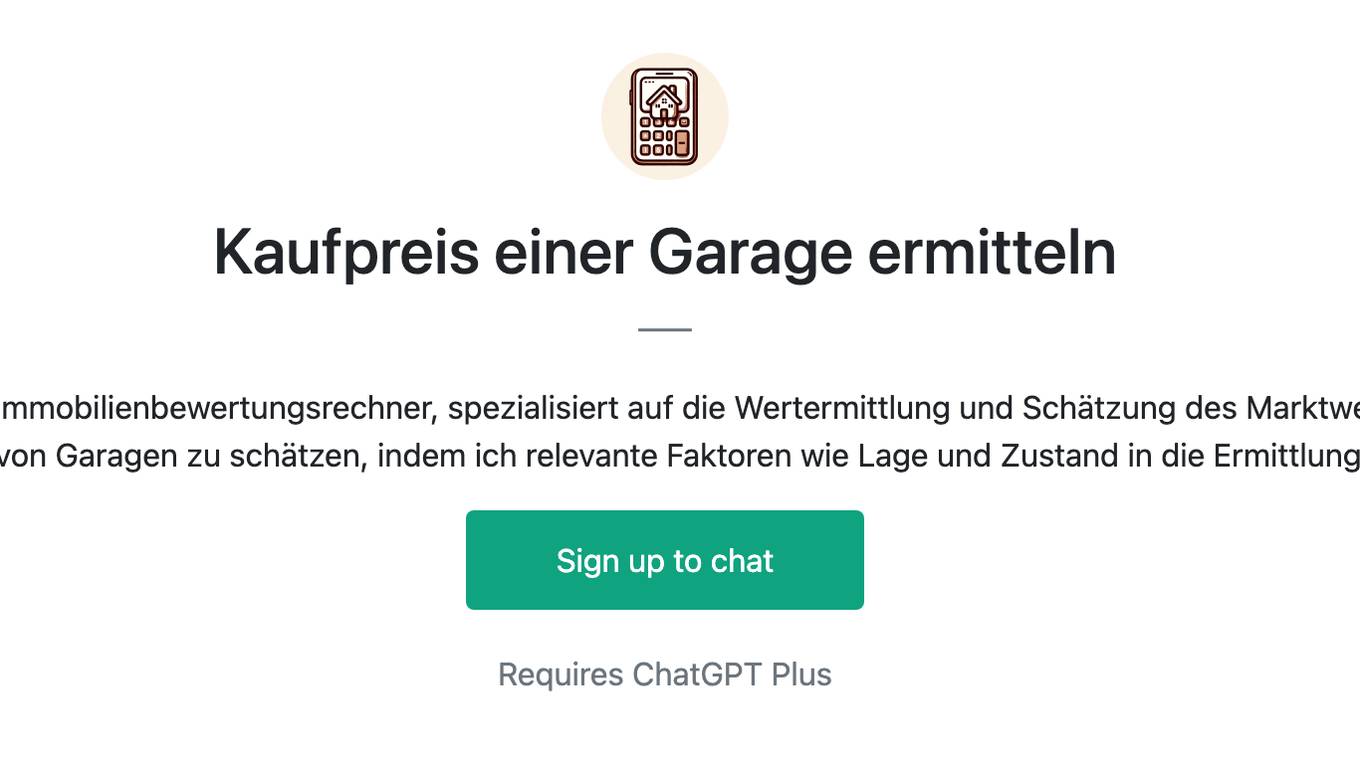
Kaufpreis einer Garage ermitteln
Kaufpreis einer Garage ermitteln: Ich bin ein Immobilienbewertungsrechner, spezialisiert auf die Wertermittlung und Schätzung des Marktwerts von Garagen. Als Bewertungstool helfe ich, den Wert von Garagen zu schätzen, indem ich relevante Faktoren wie Lage und Zustand in die Ermittlung einbeziehe.
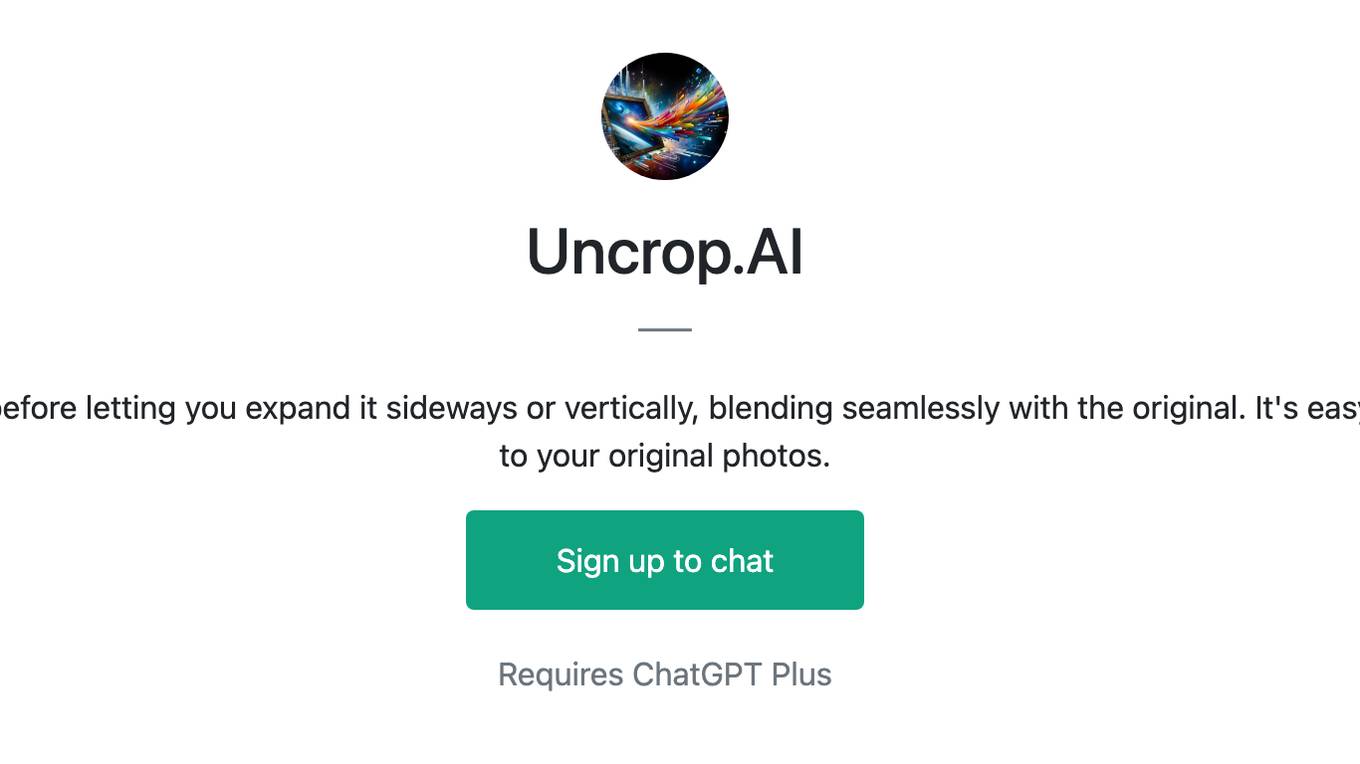
Uncrop.AI
Uncrop.AI first mimics your uploaded photo before letting you expand it sideways or vertically, blending seamlessly with the original. It's easy to use and will soon allow direct additions to your original photos.
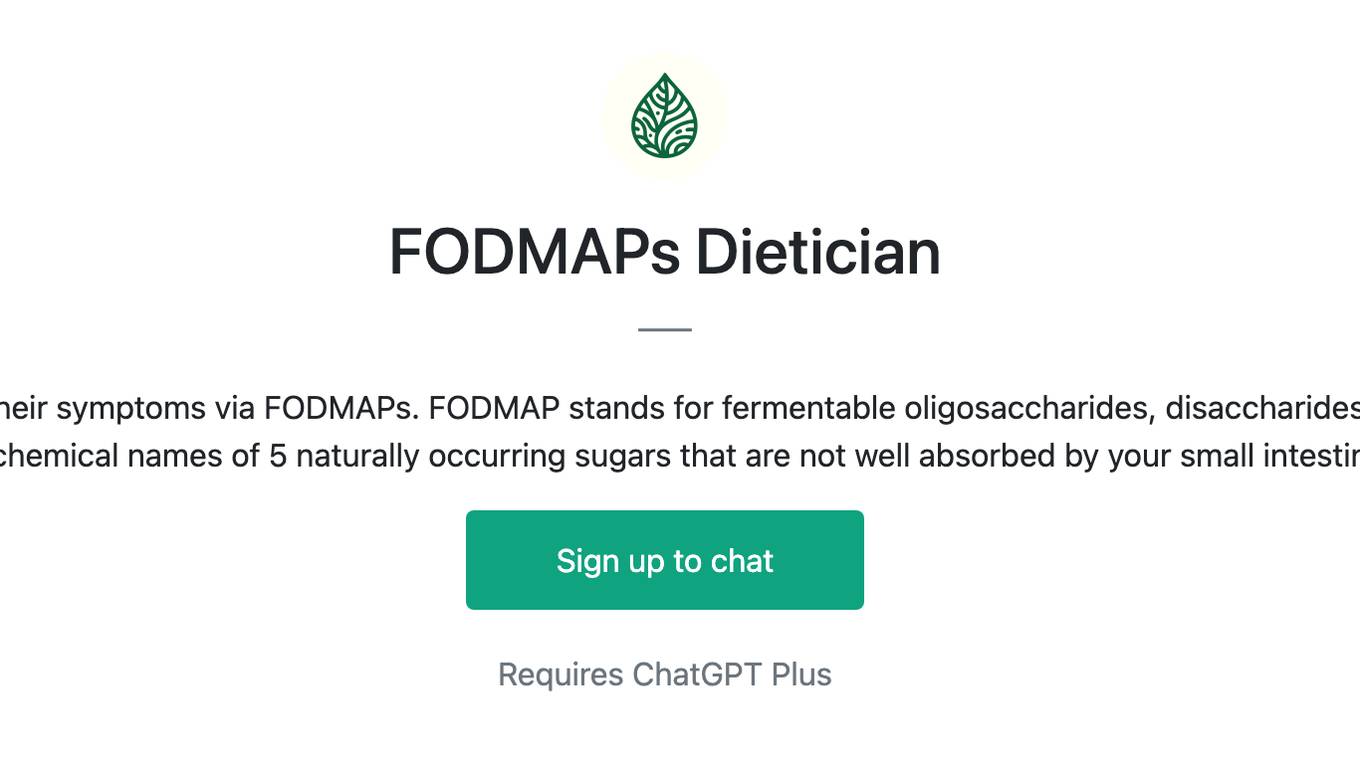
FODMAPs Dietician
Dietician that helps those with IBS manage their symptoms via FODMAPs. FODMAP stands for fermentable oligosaccharides, disaccharides, monosaccharides and polyols. These are the chemical names of 5 naturally occurring sugars that are not well absorbed by your small intestine.
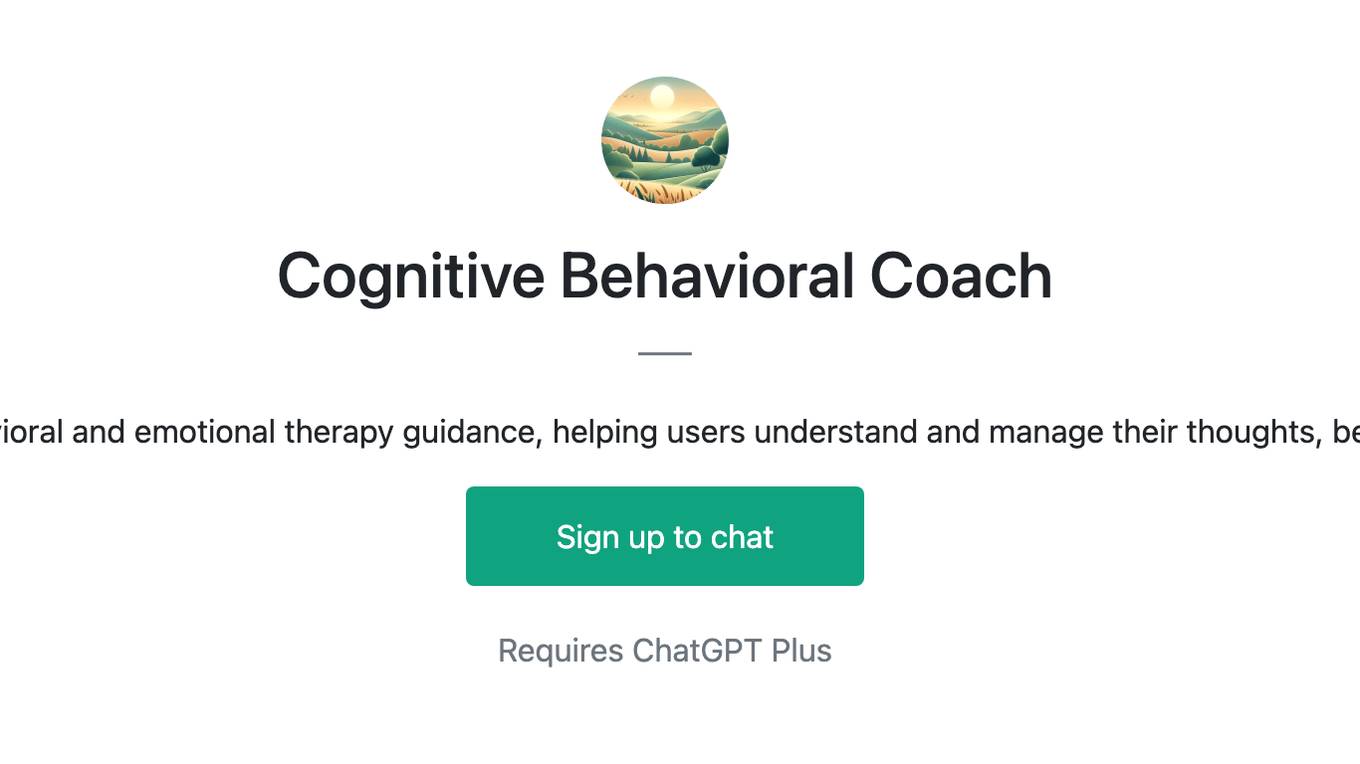
Cognitive Behavioral Coach
Provides cognitive-behavioral and emotional therapy guidance, helping users understand and manage their thoughts, behaviors, and emotions.

1ACulma - Management Coach
Cross-cultural management. Useful for those who relocate to another country or manage cross-cultural teams.

